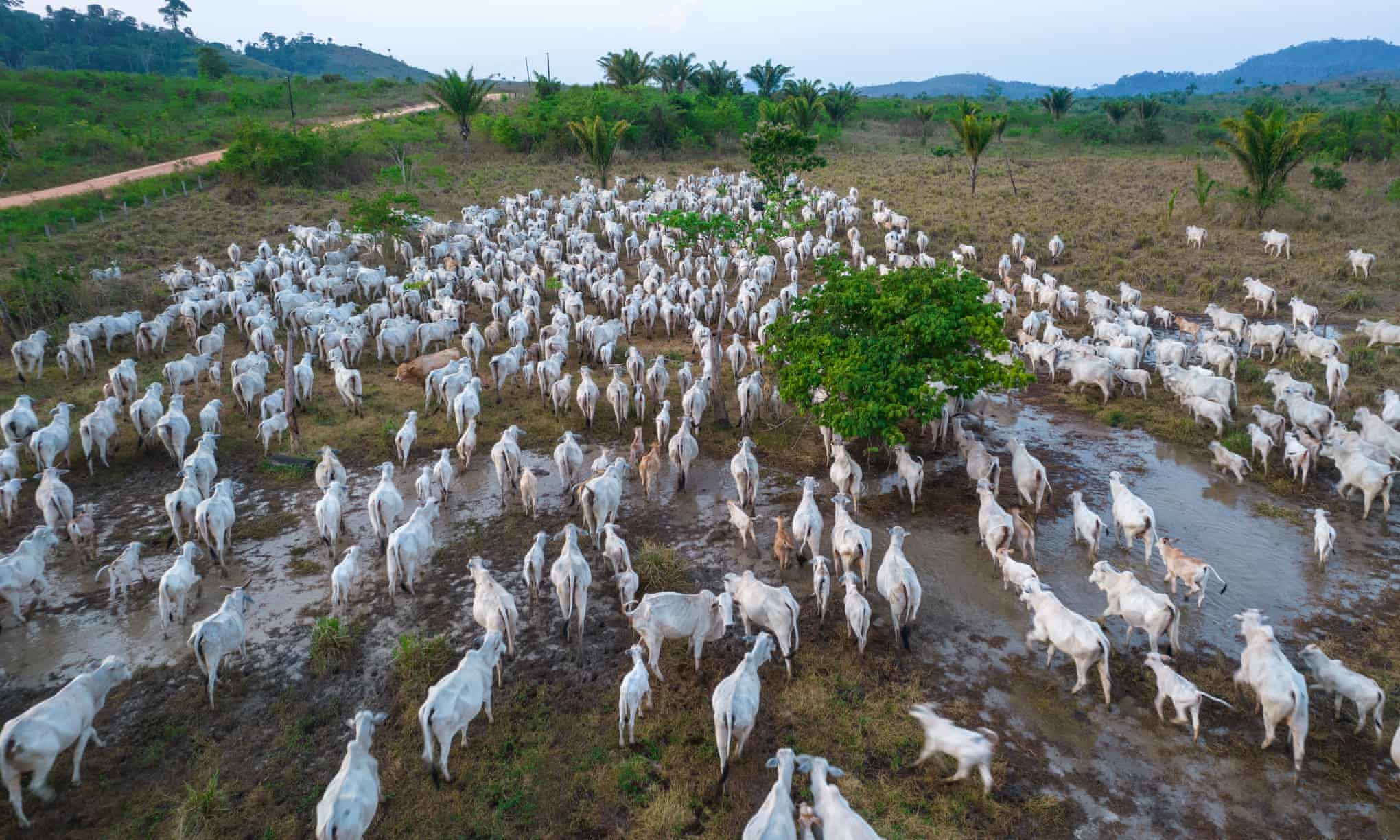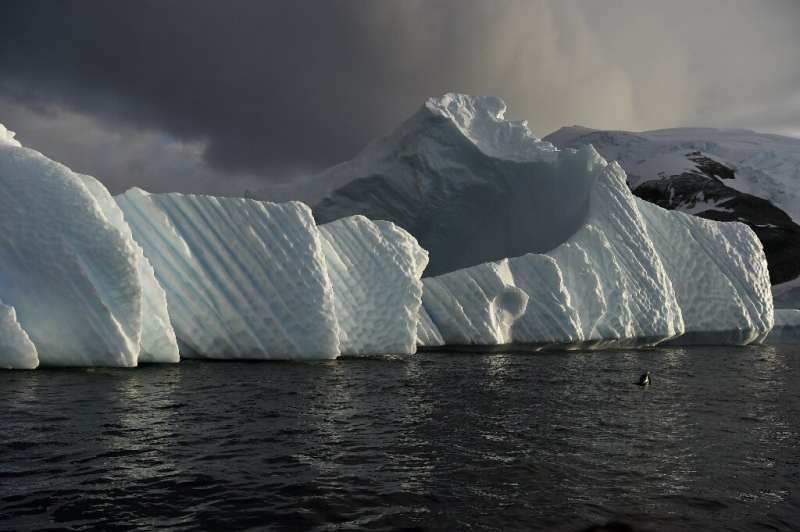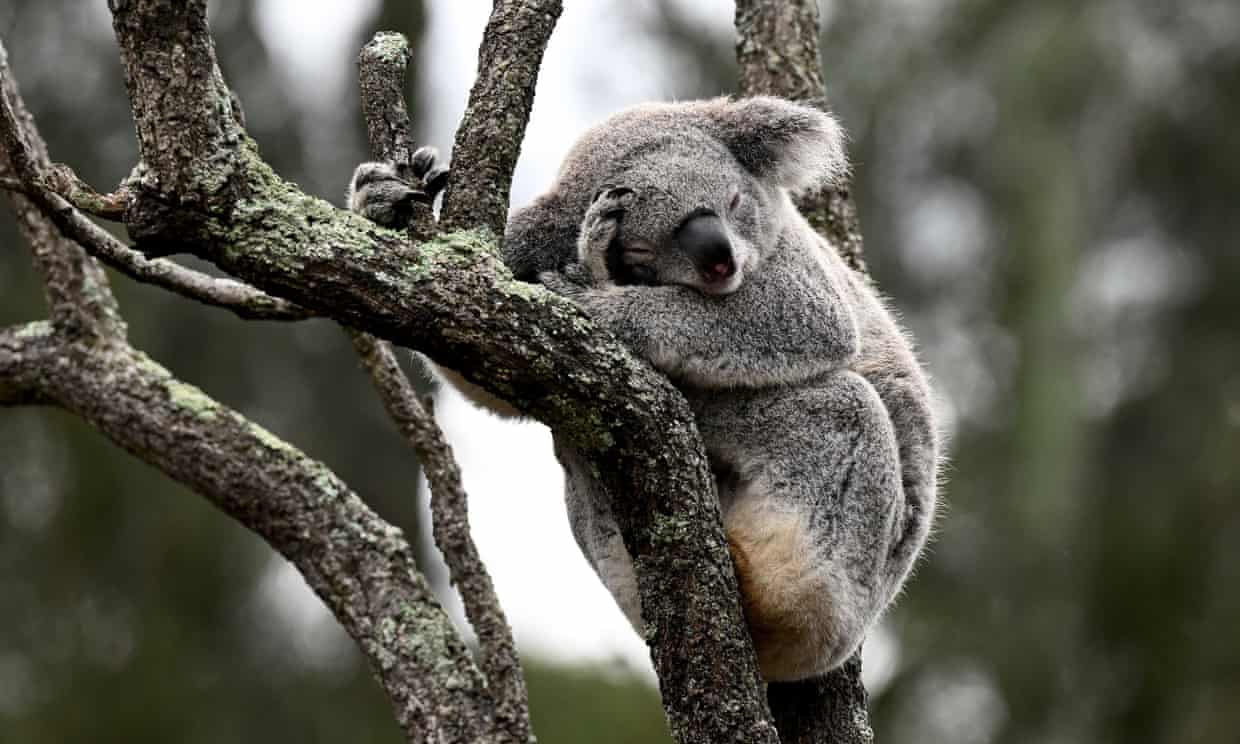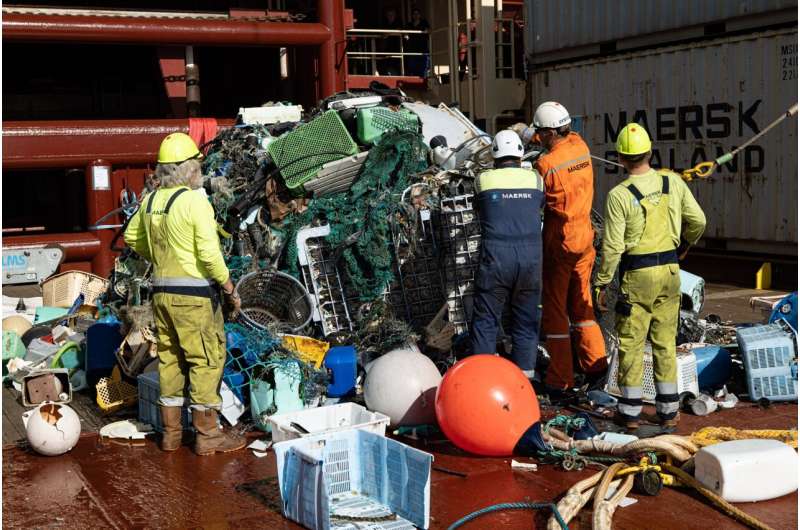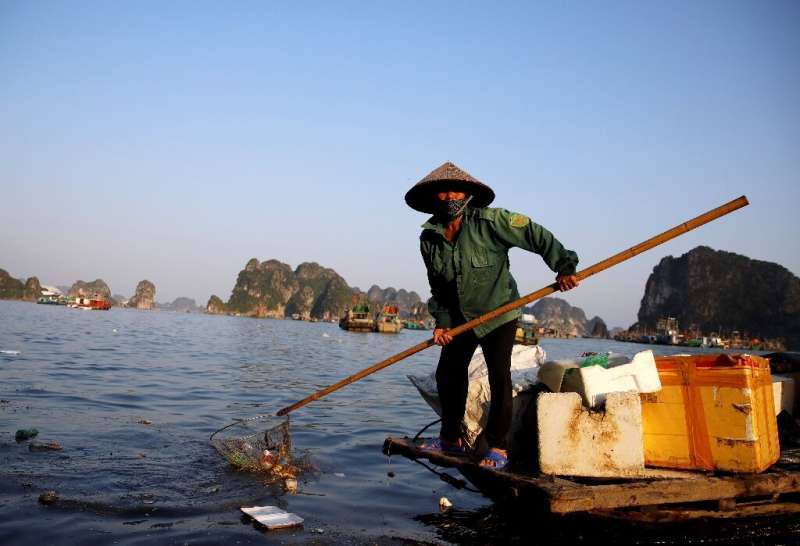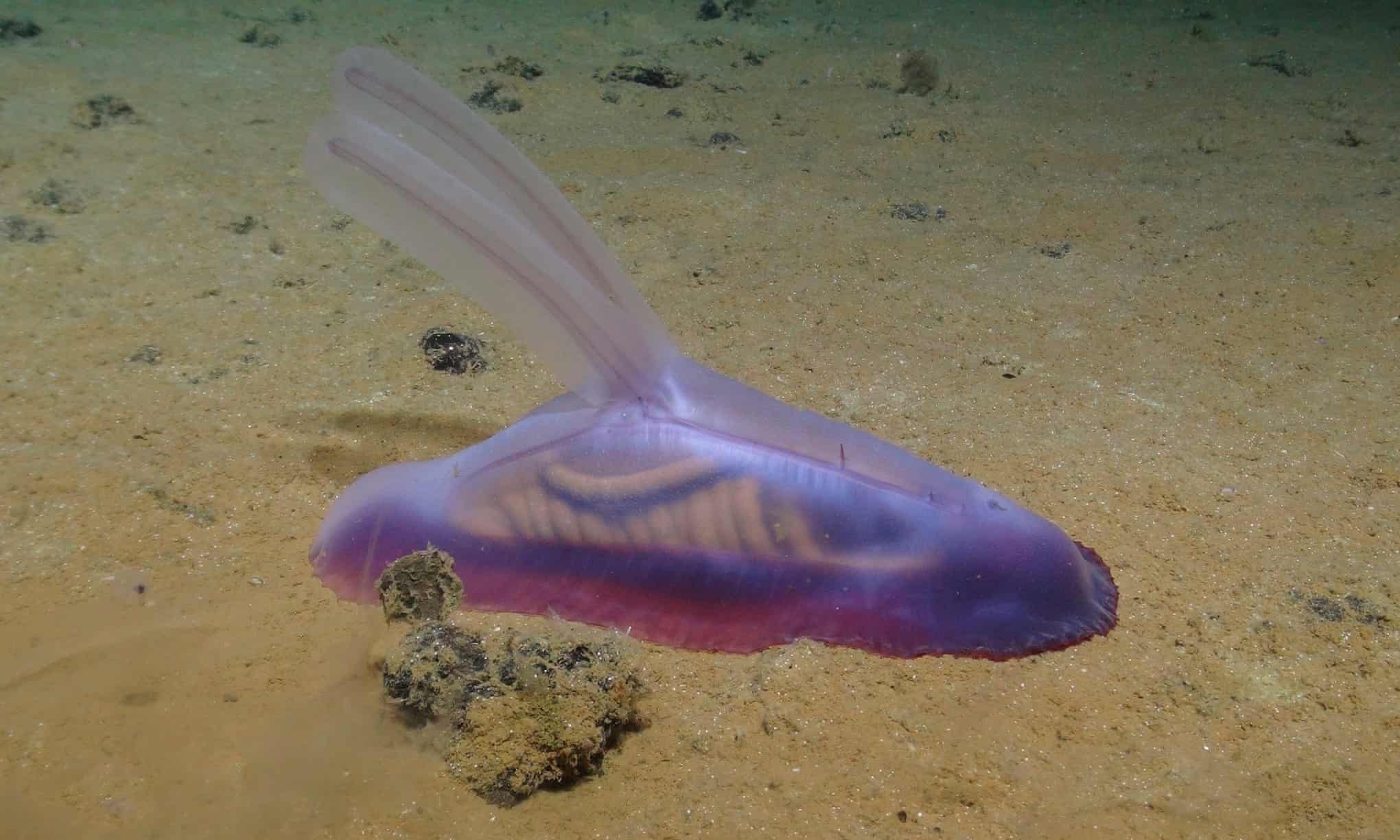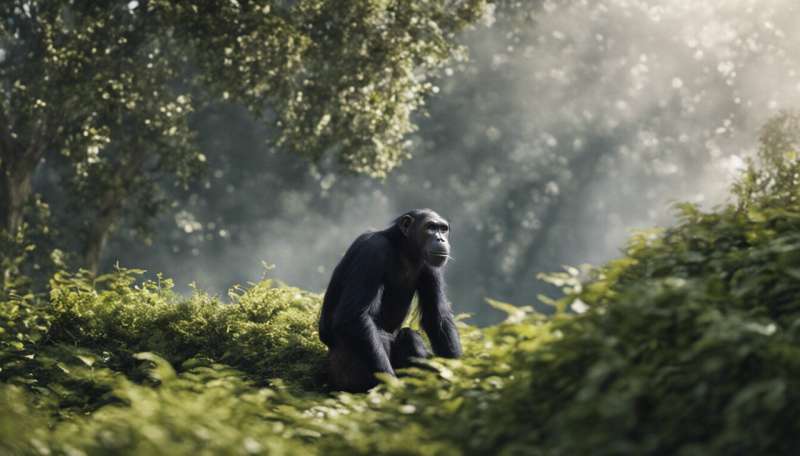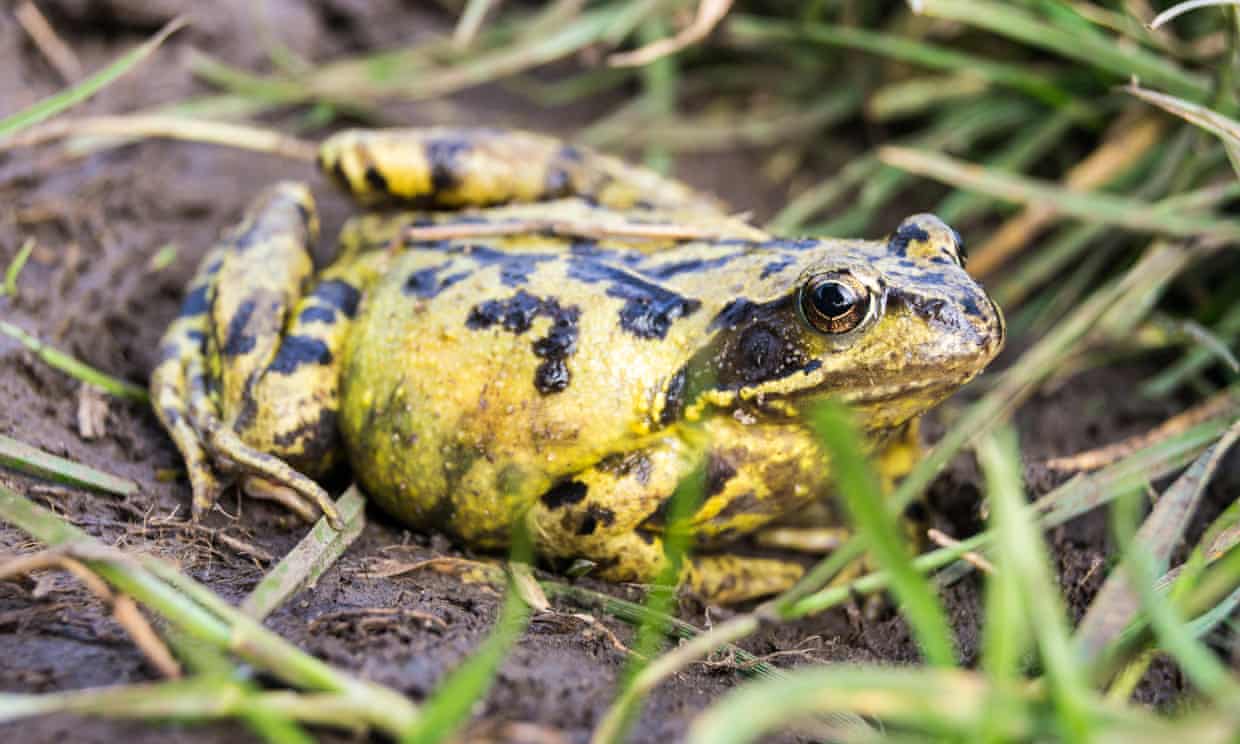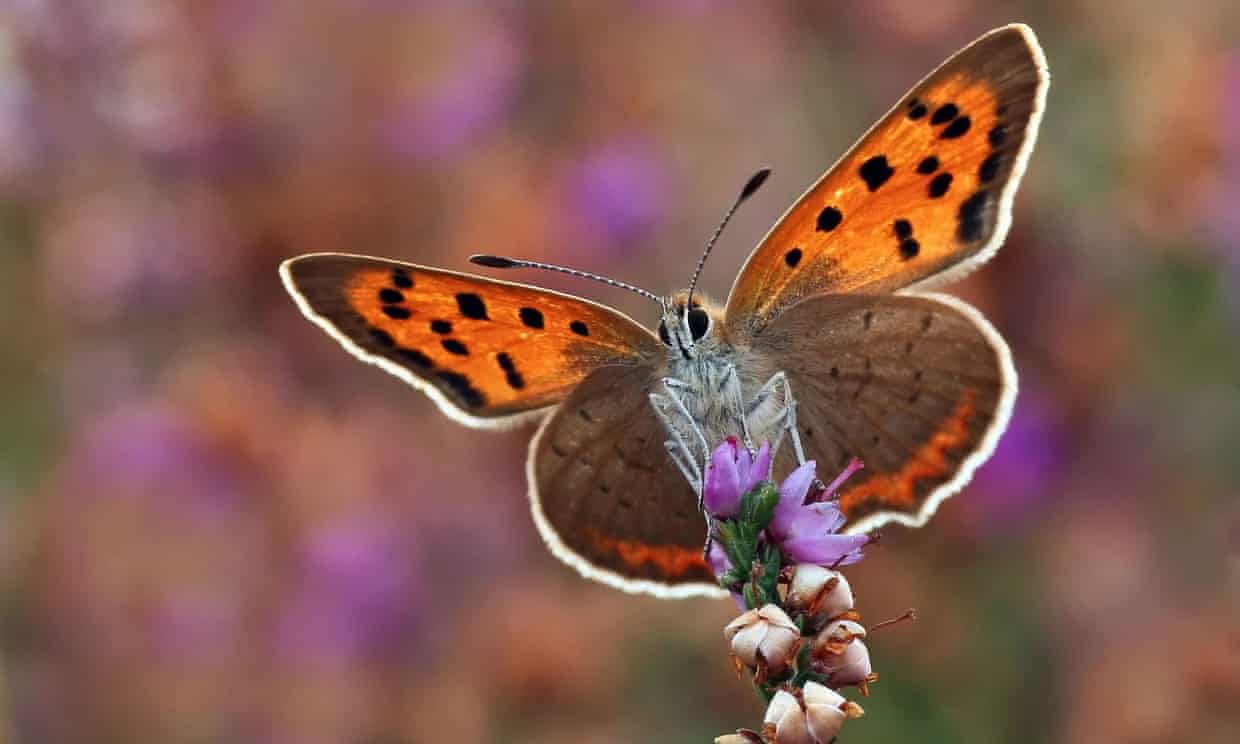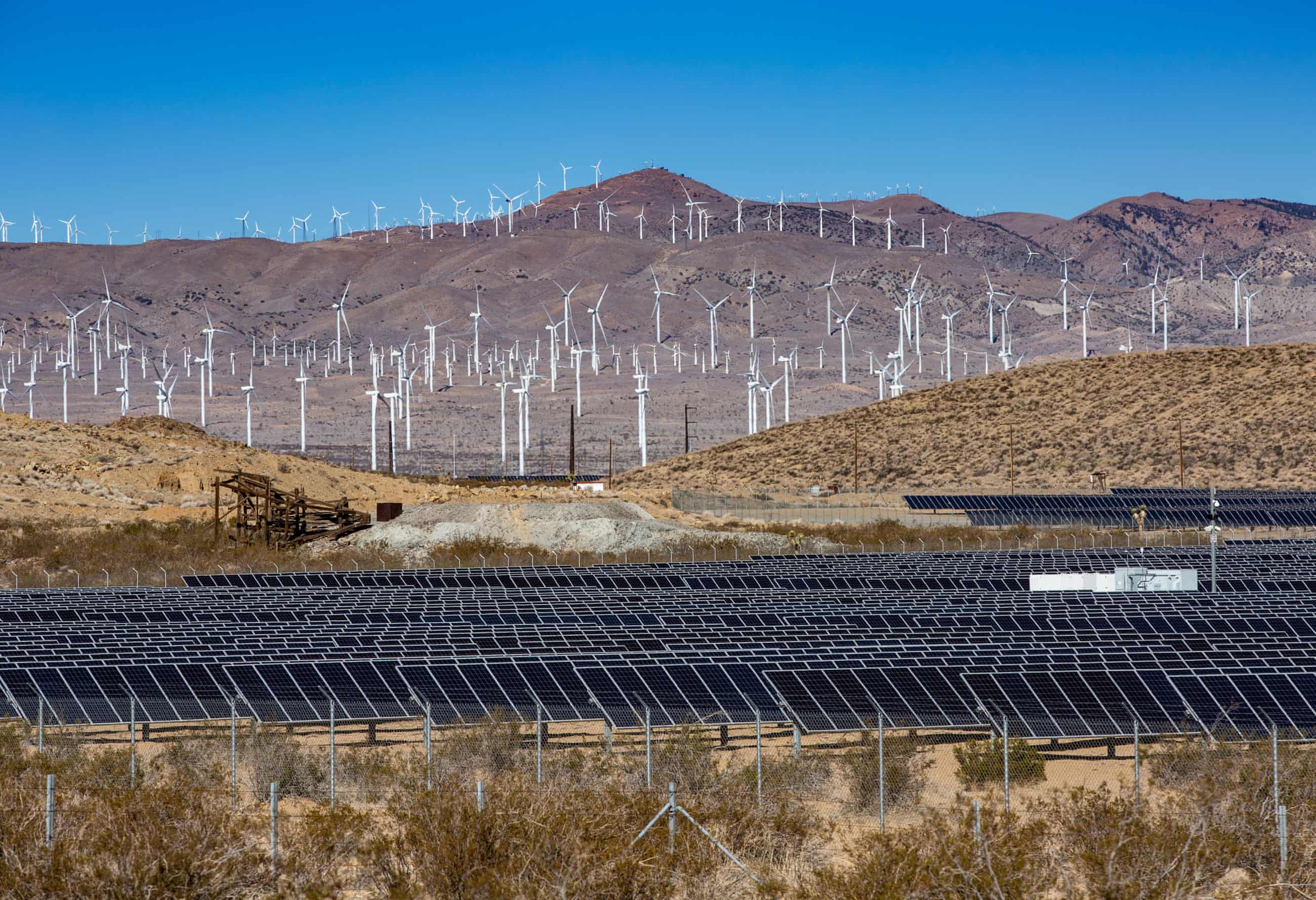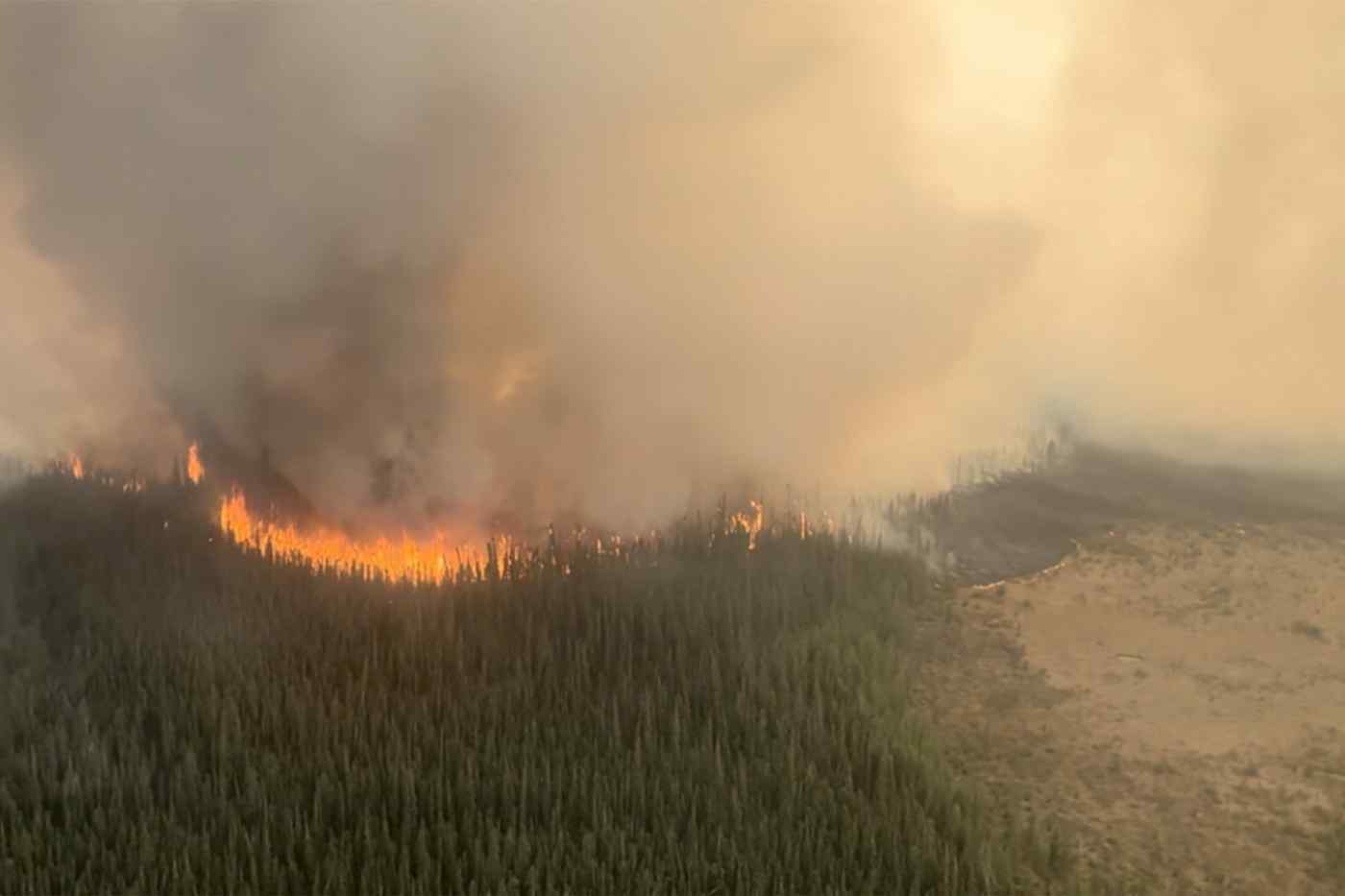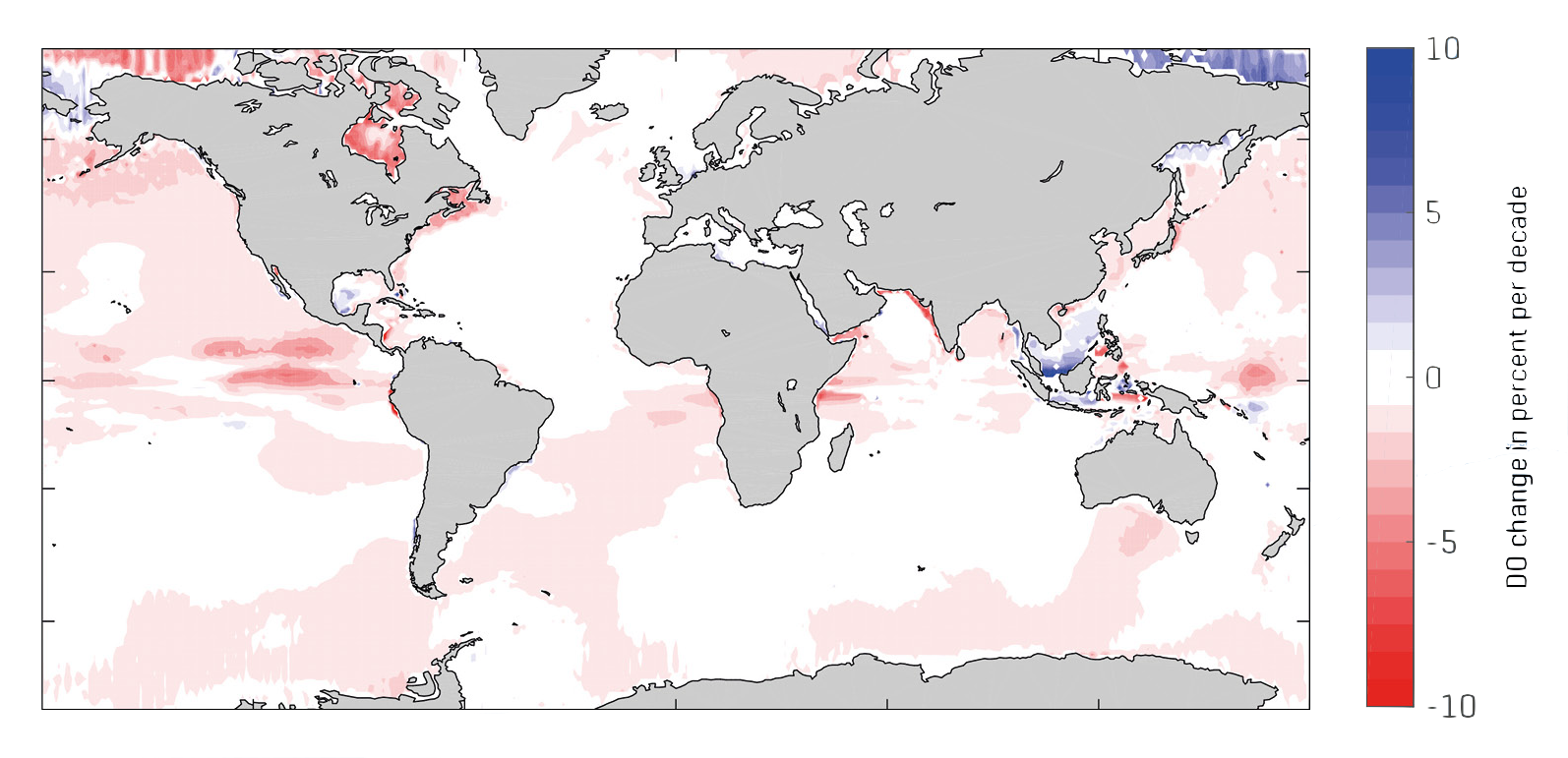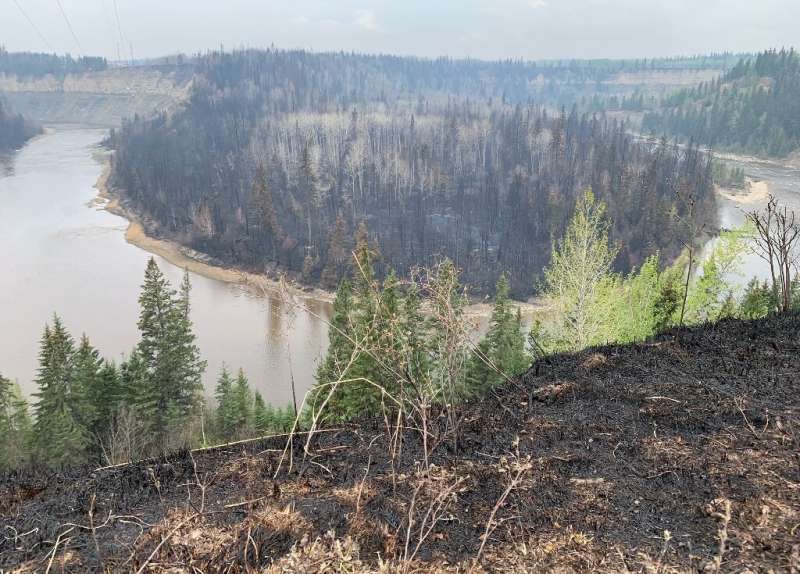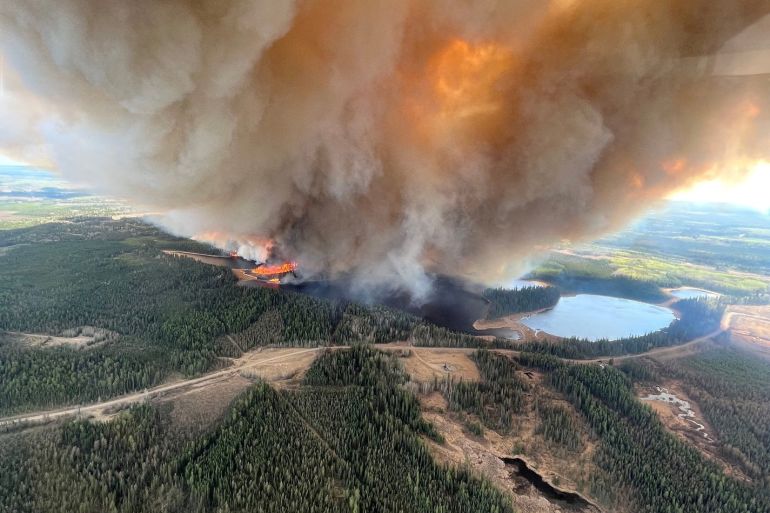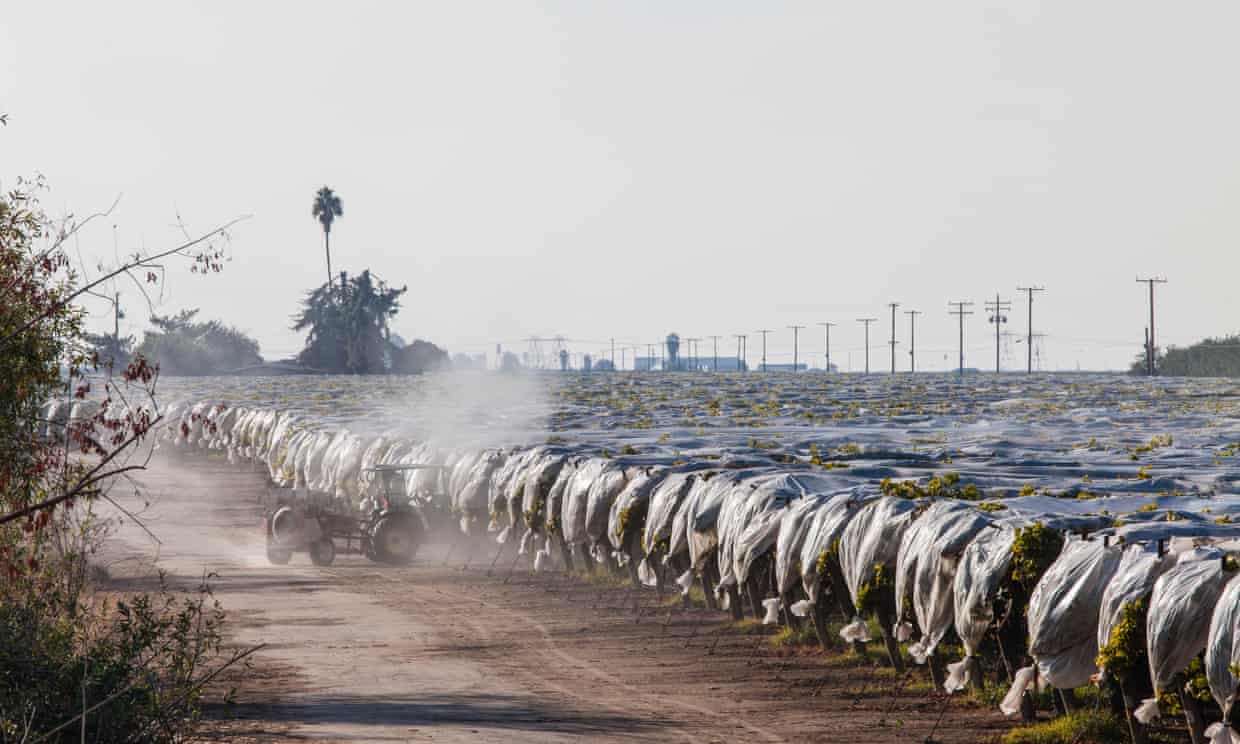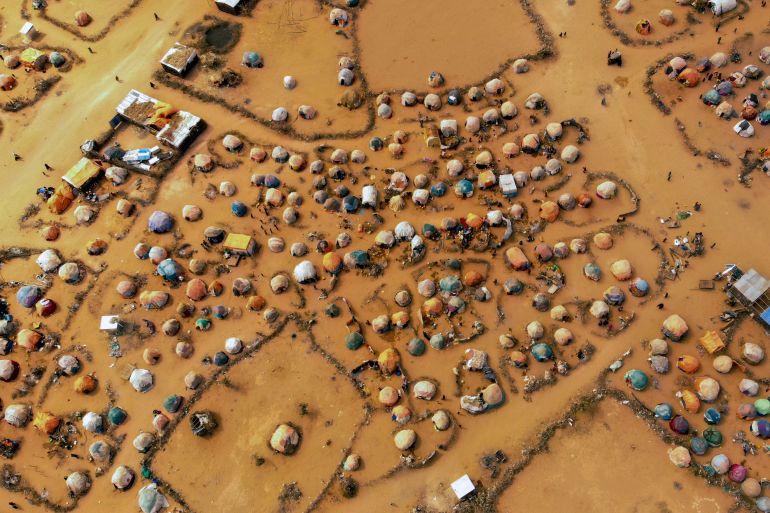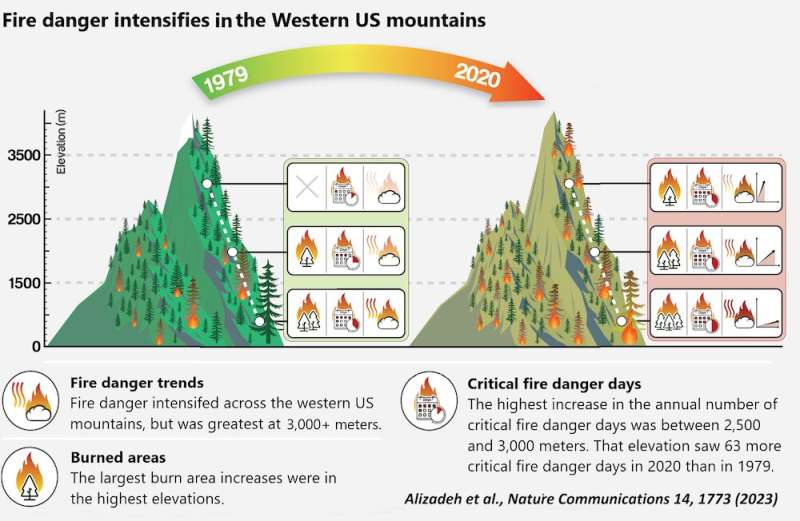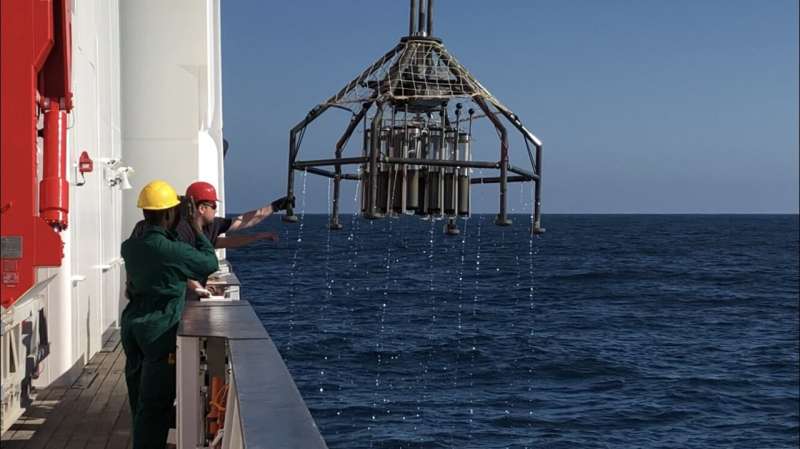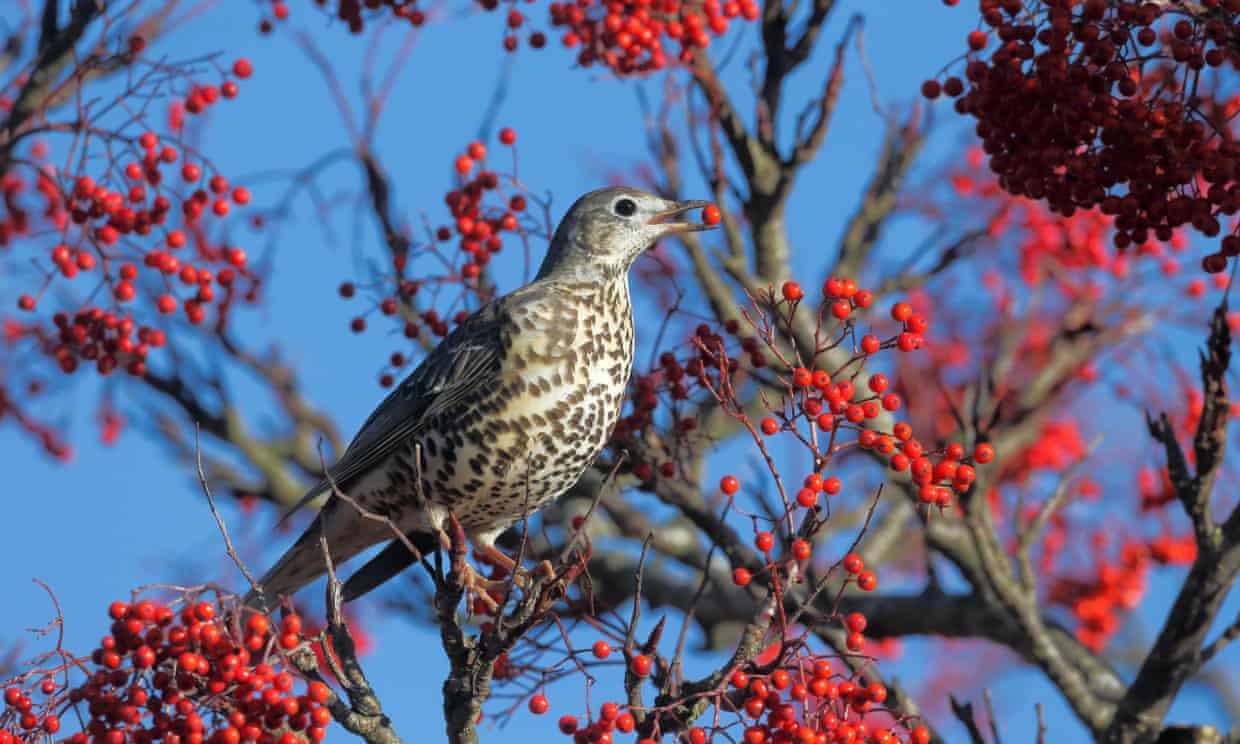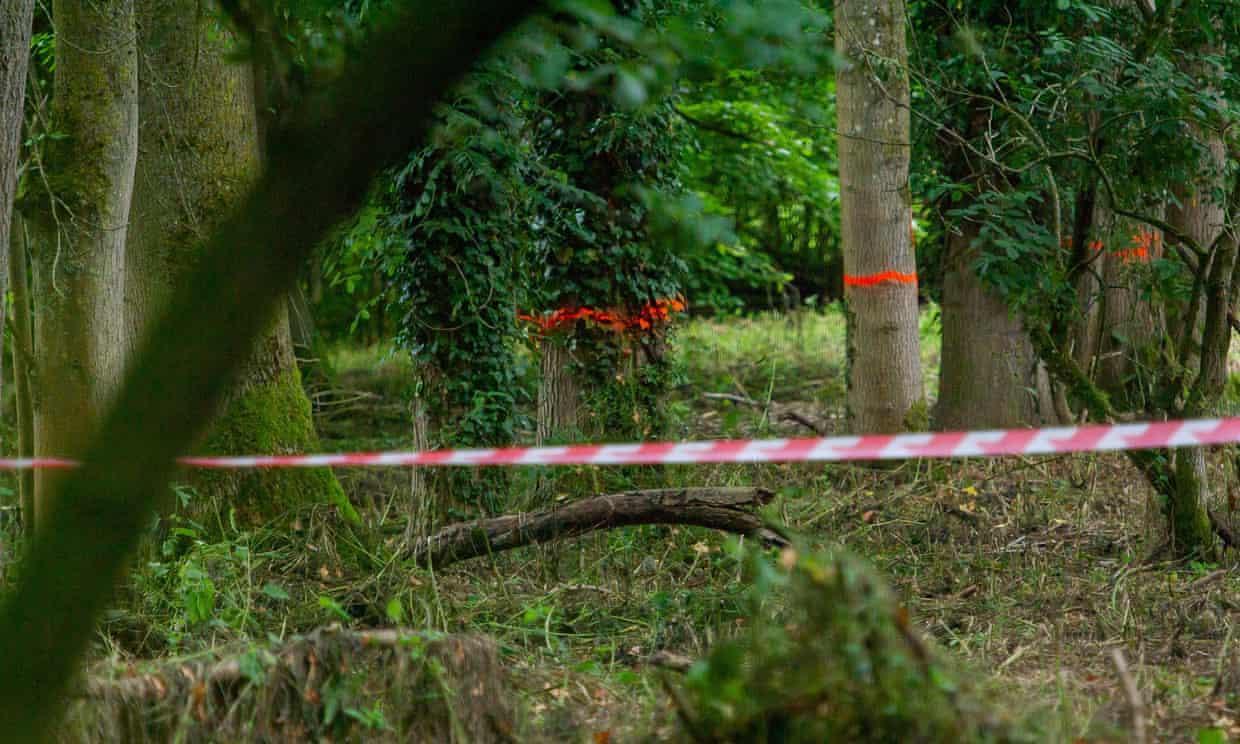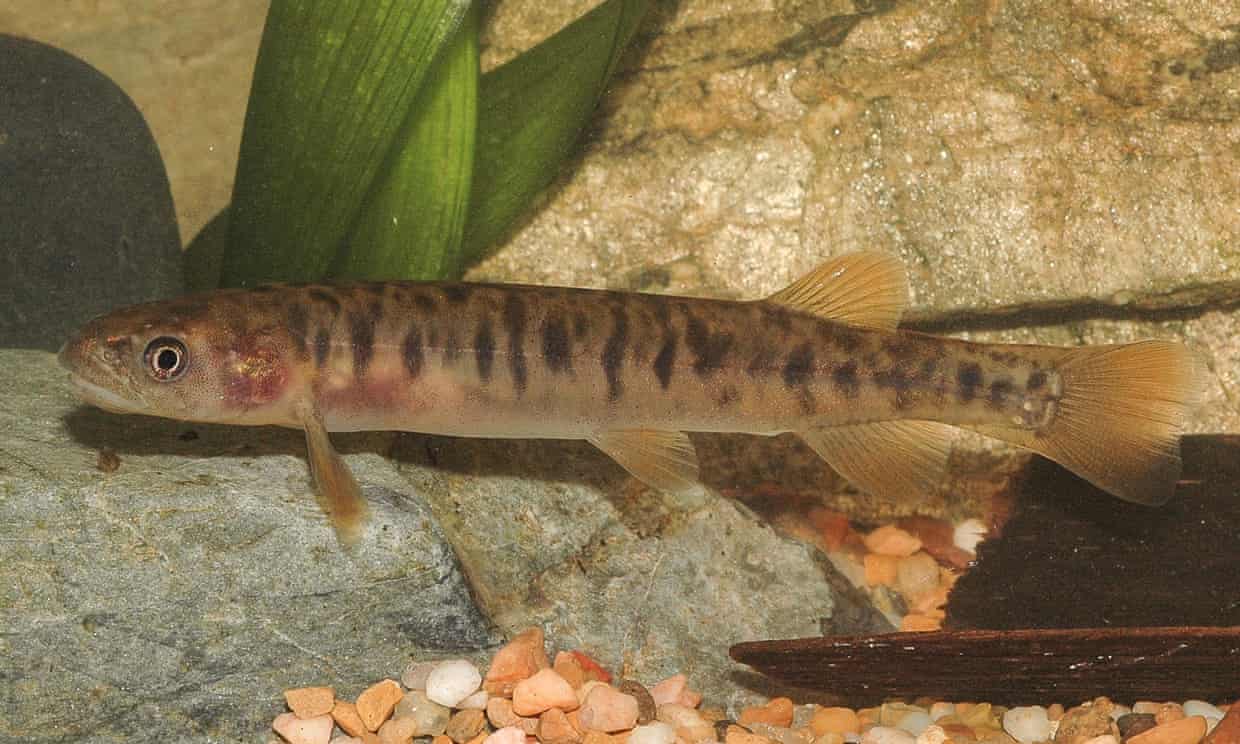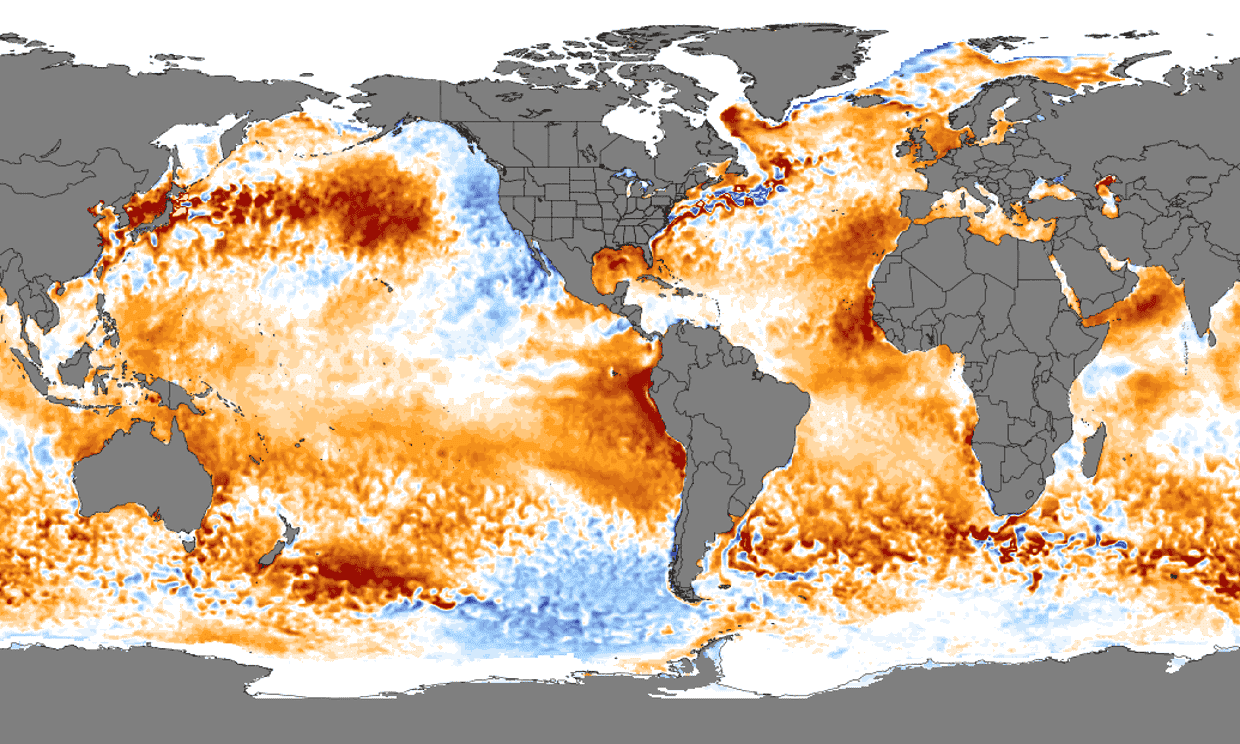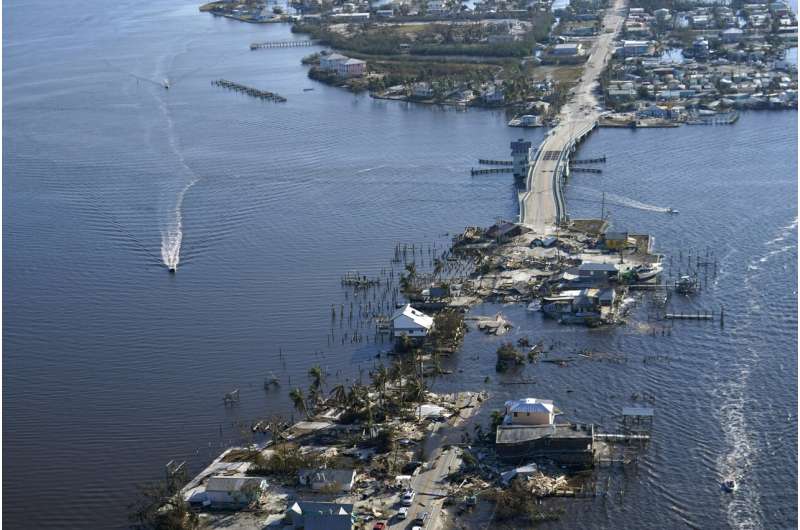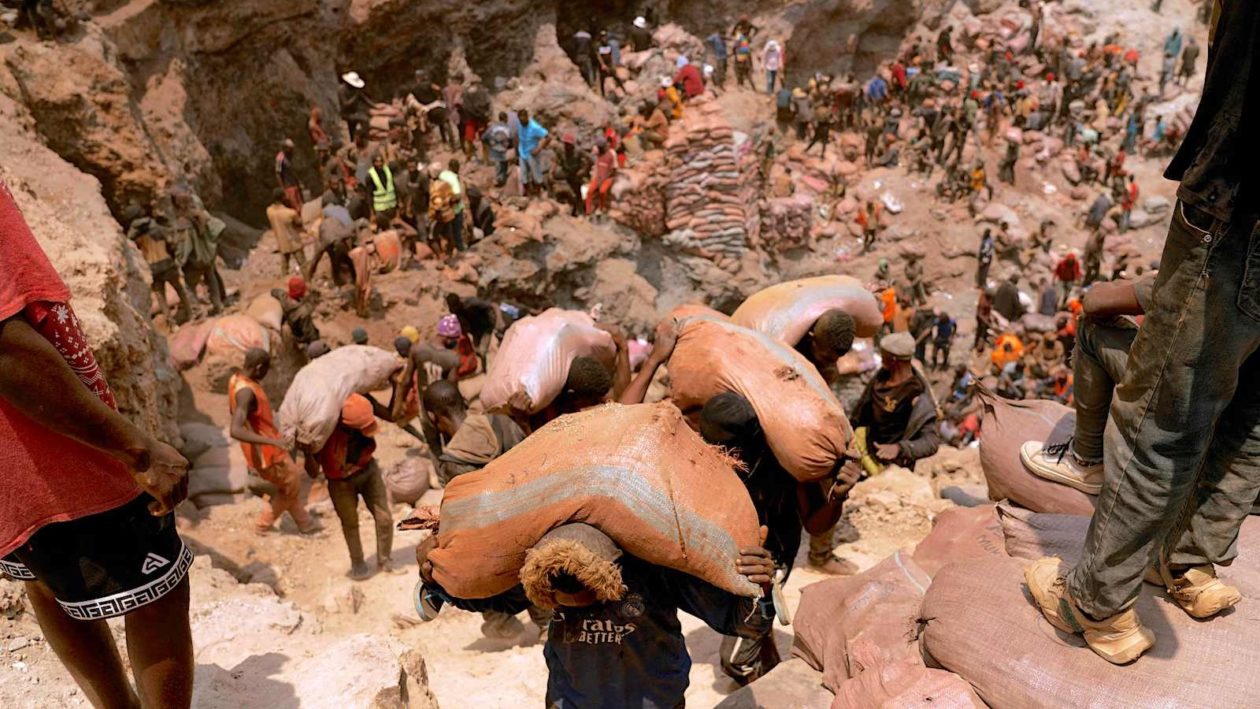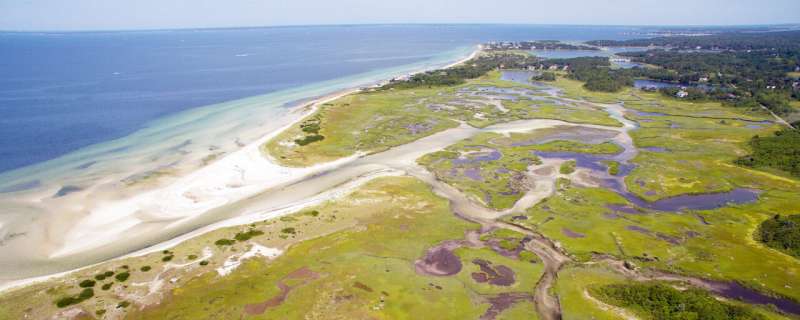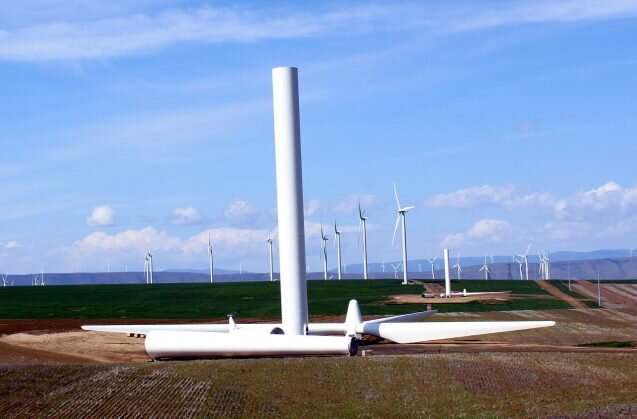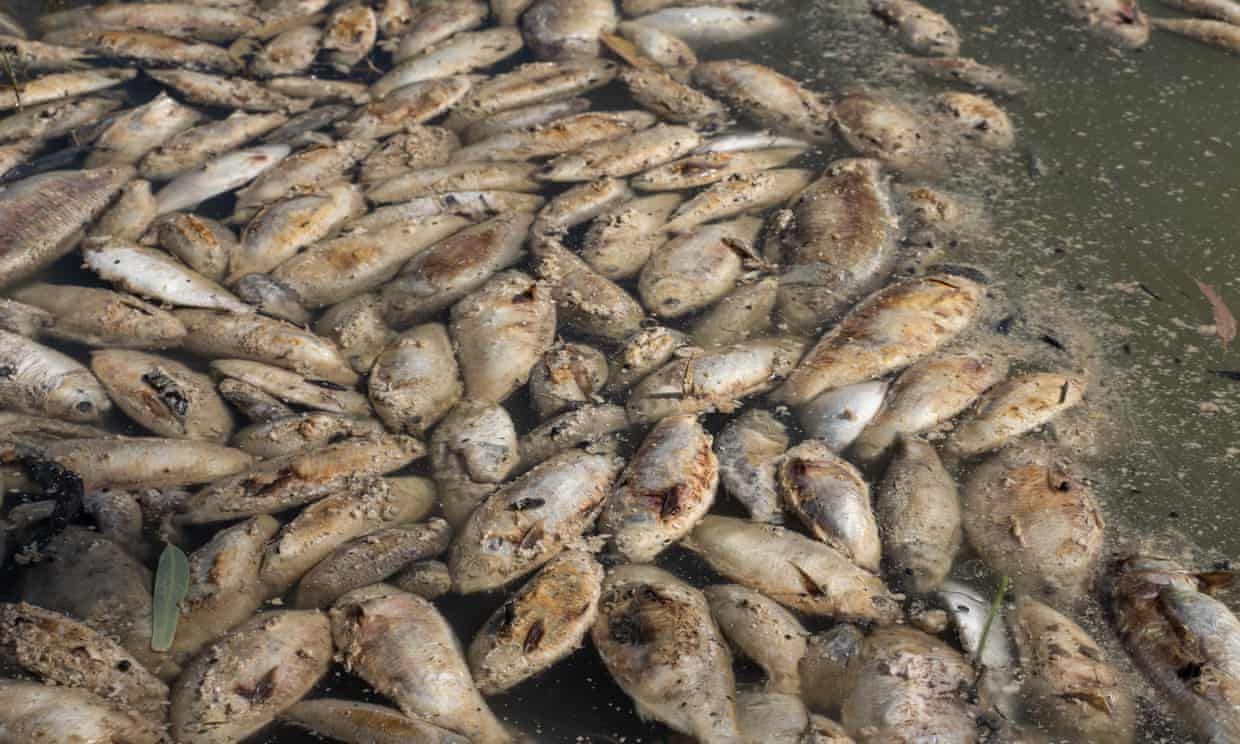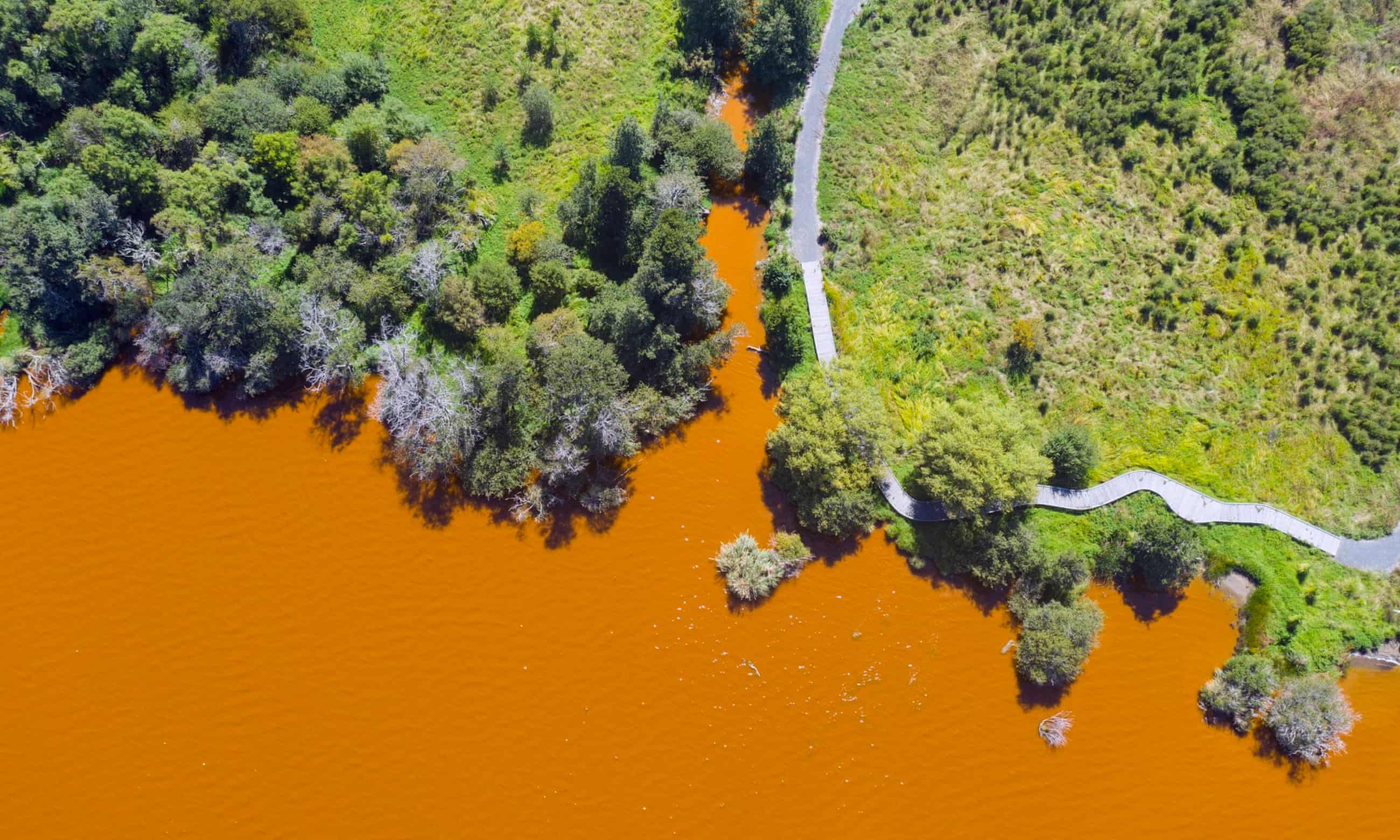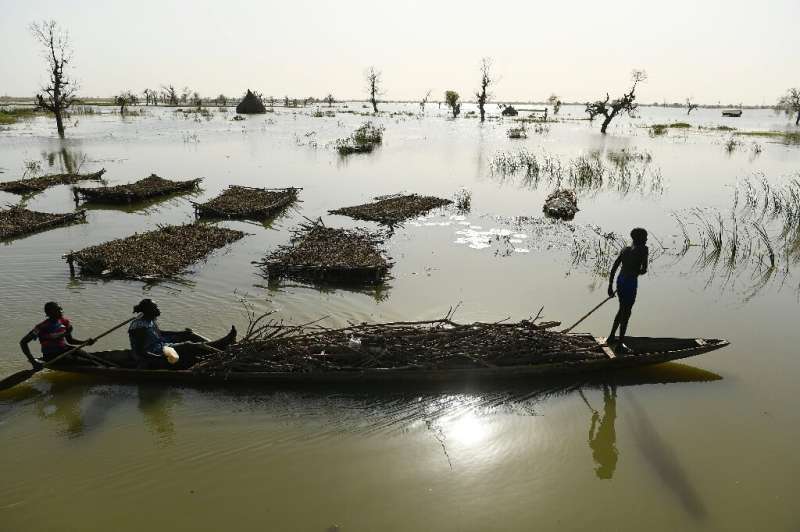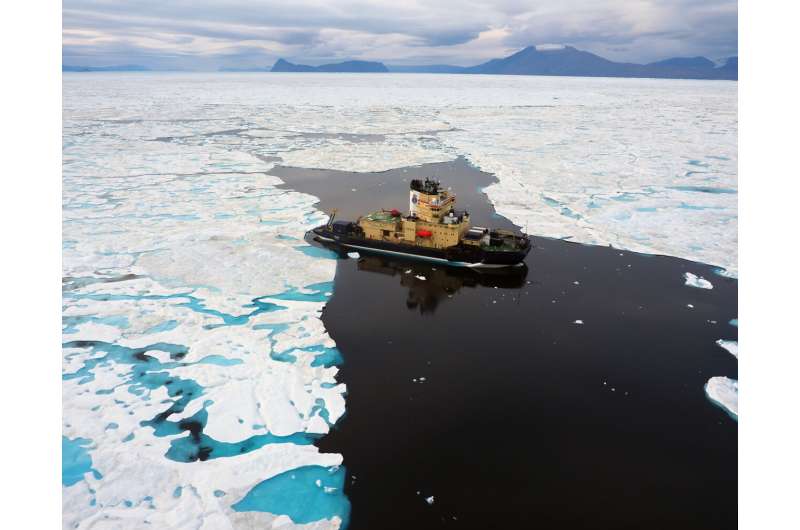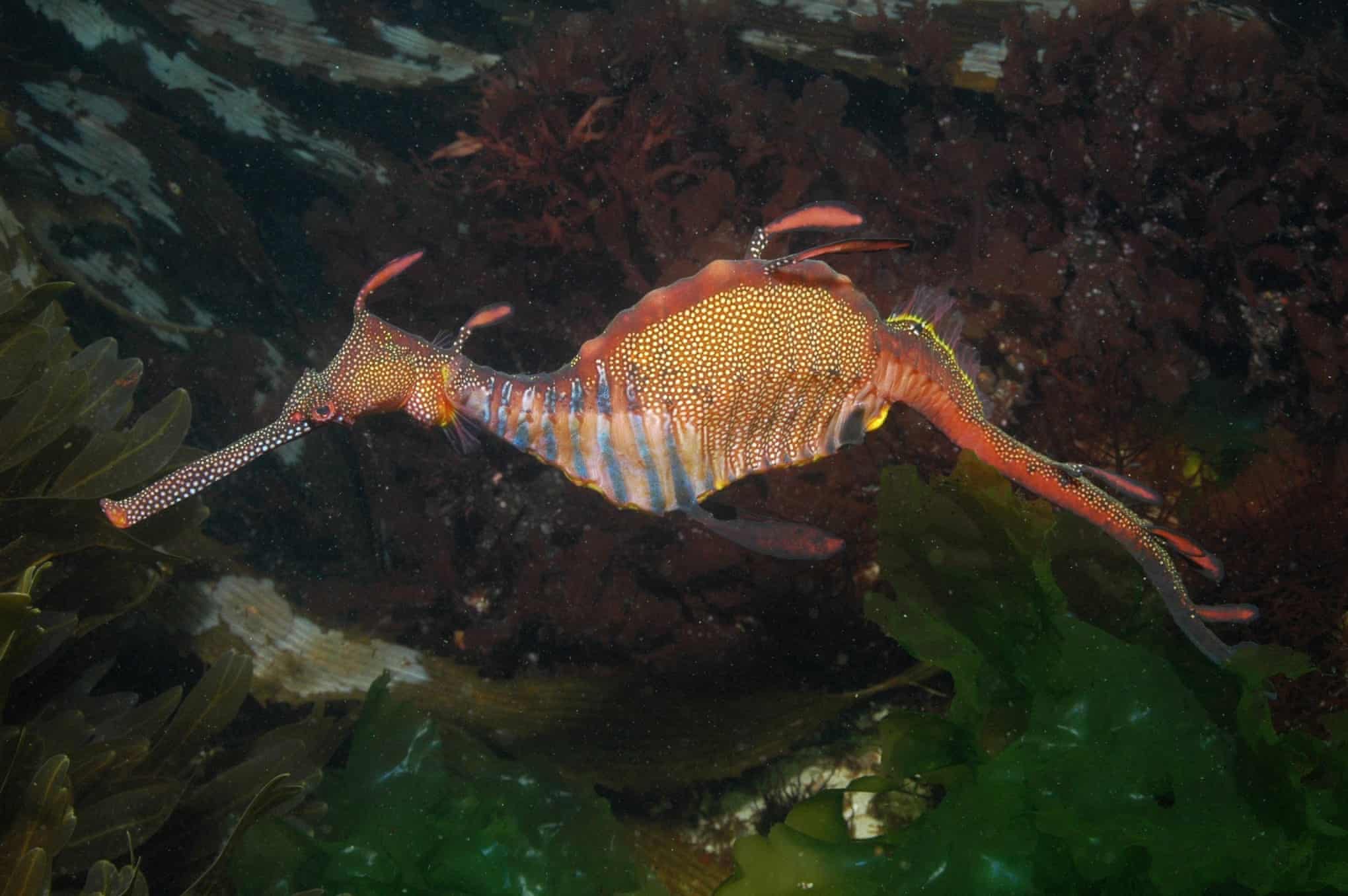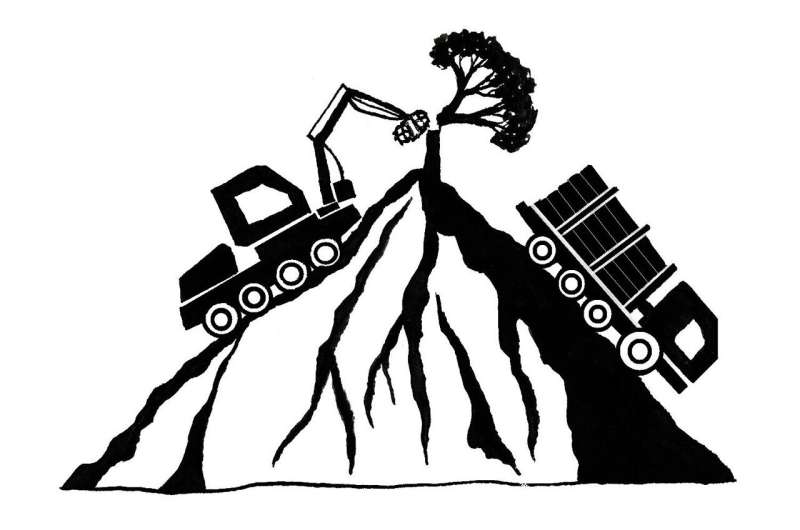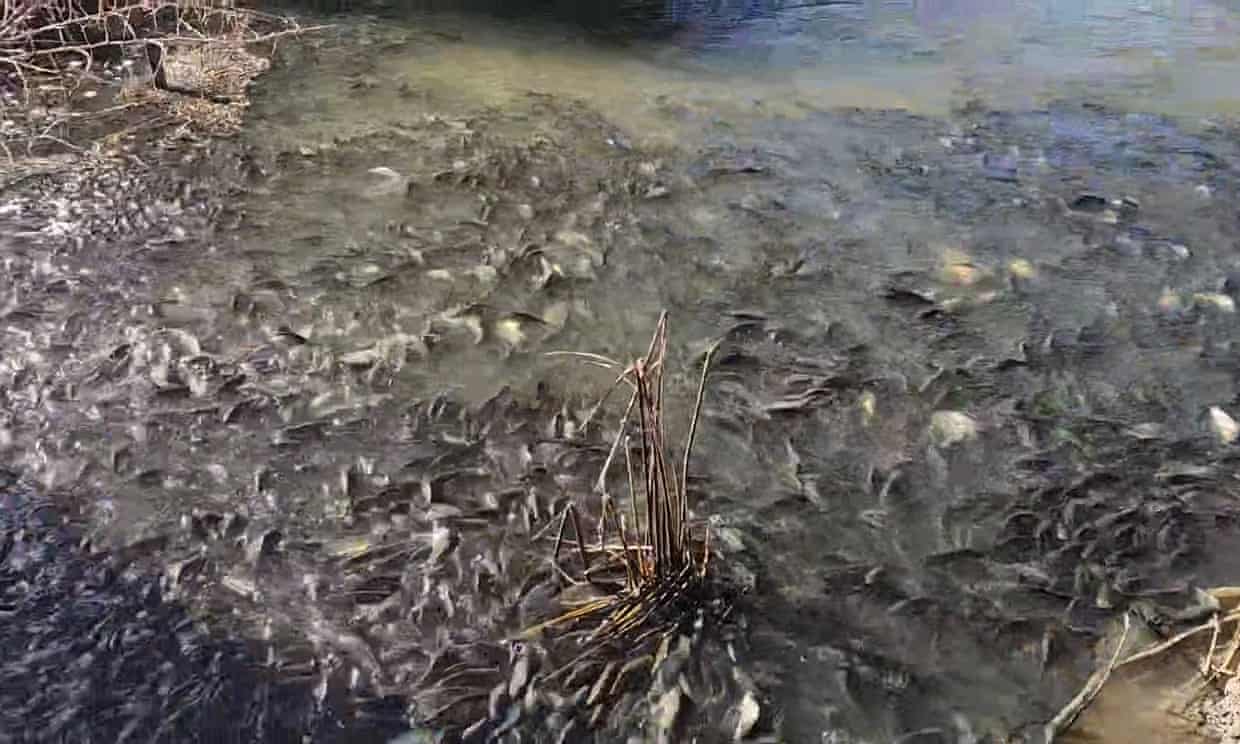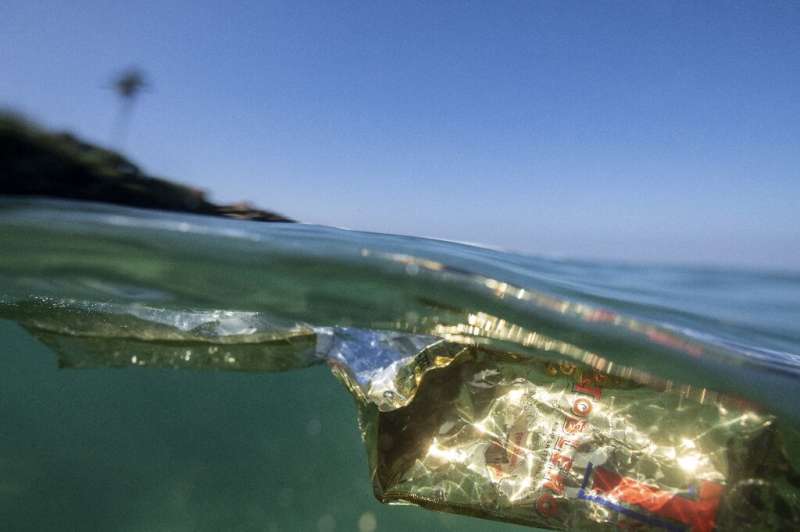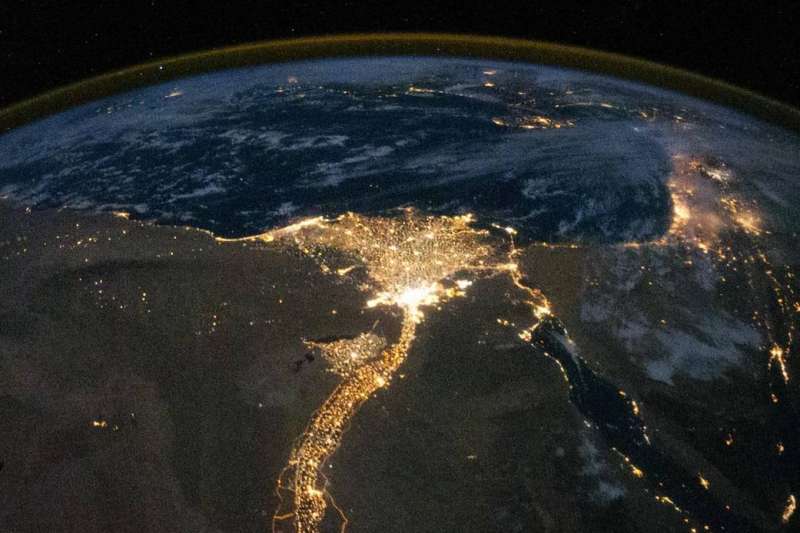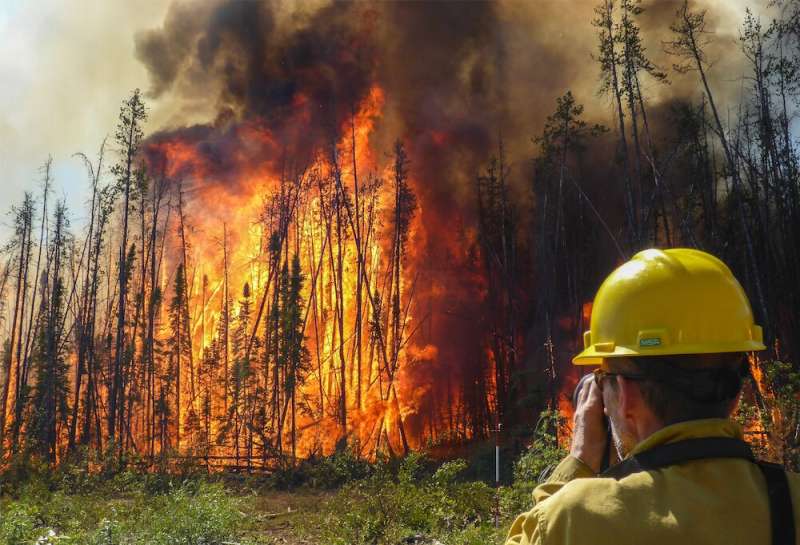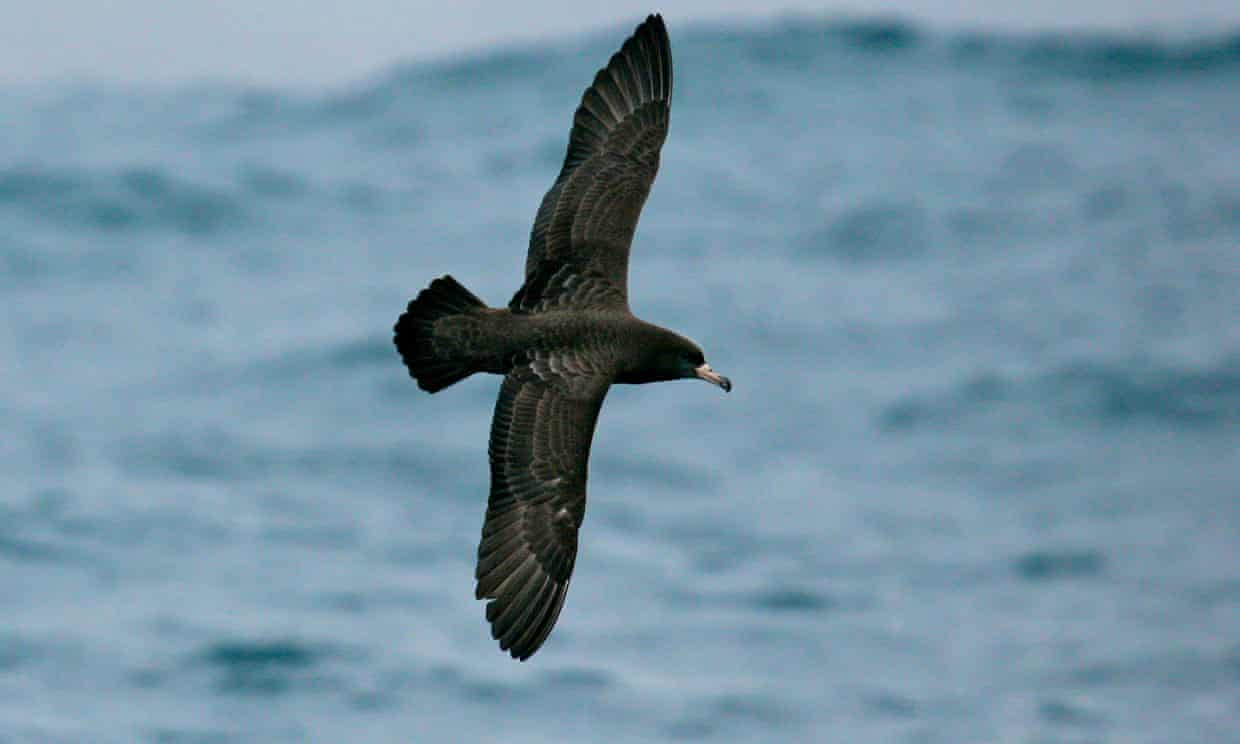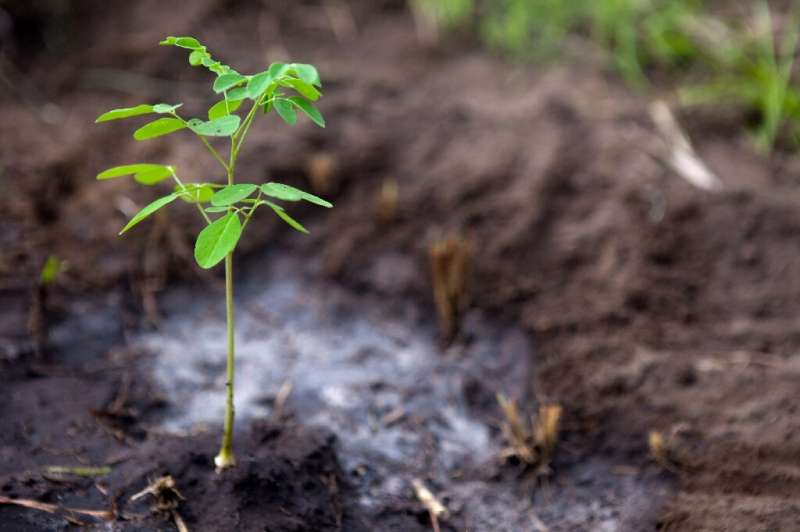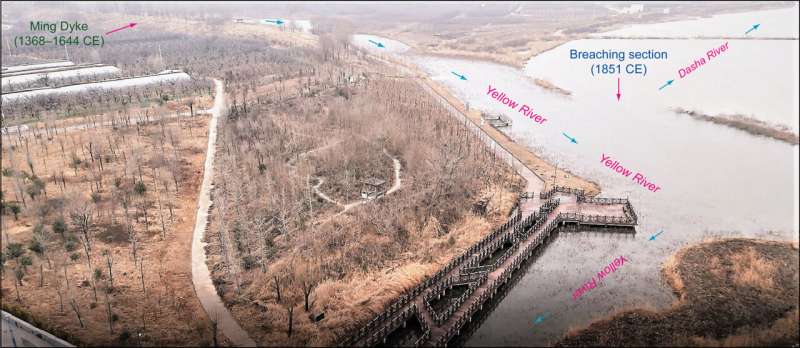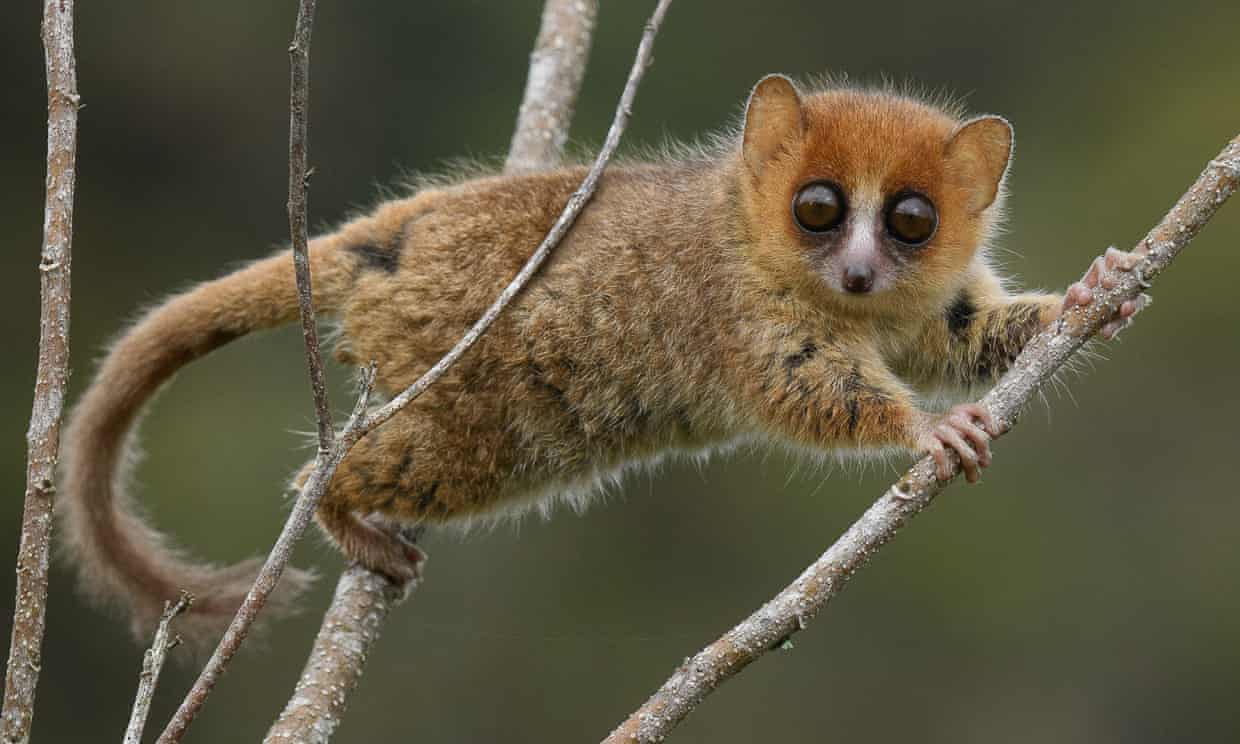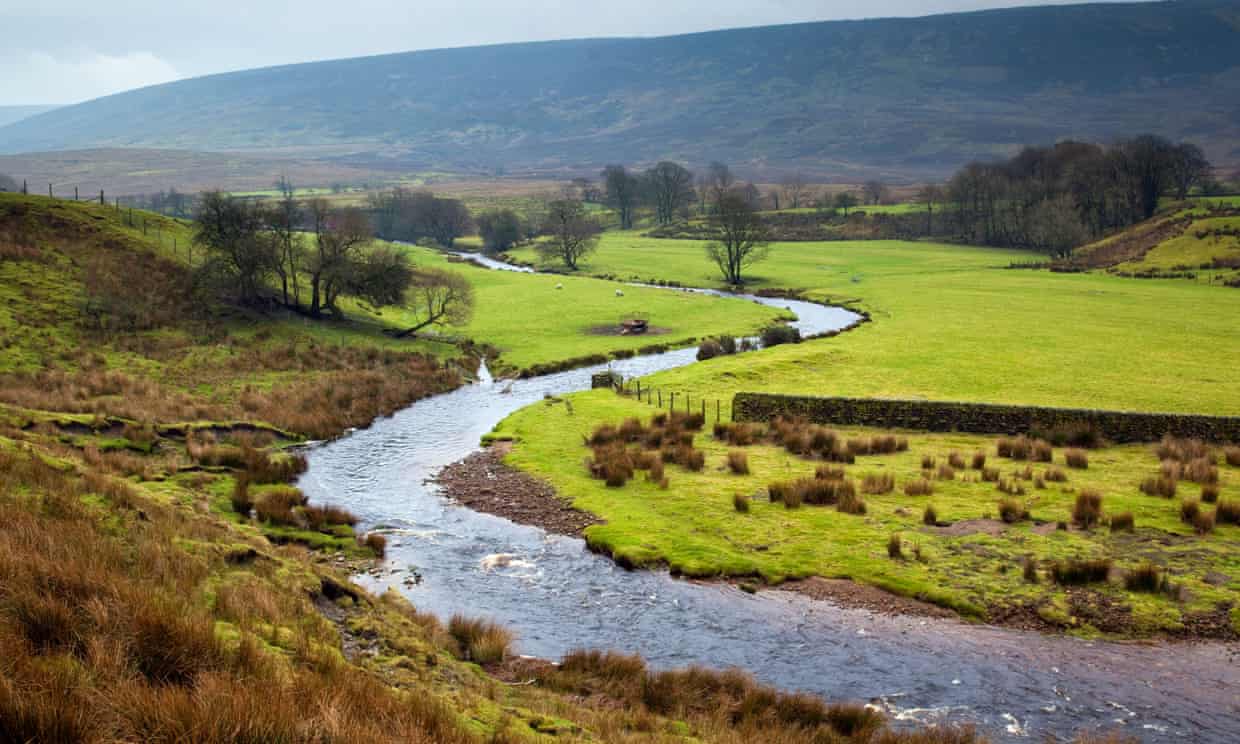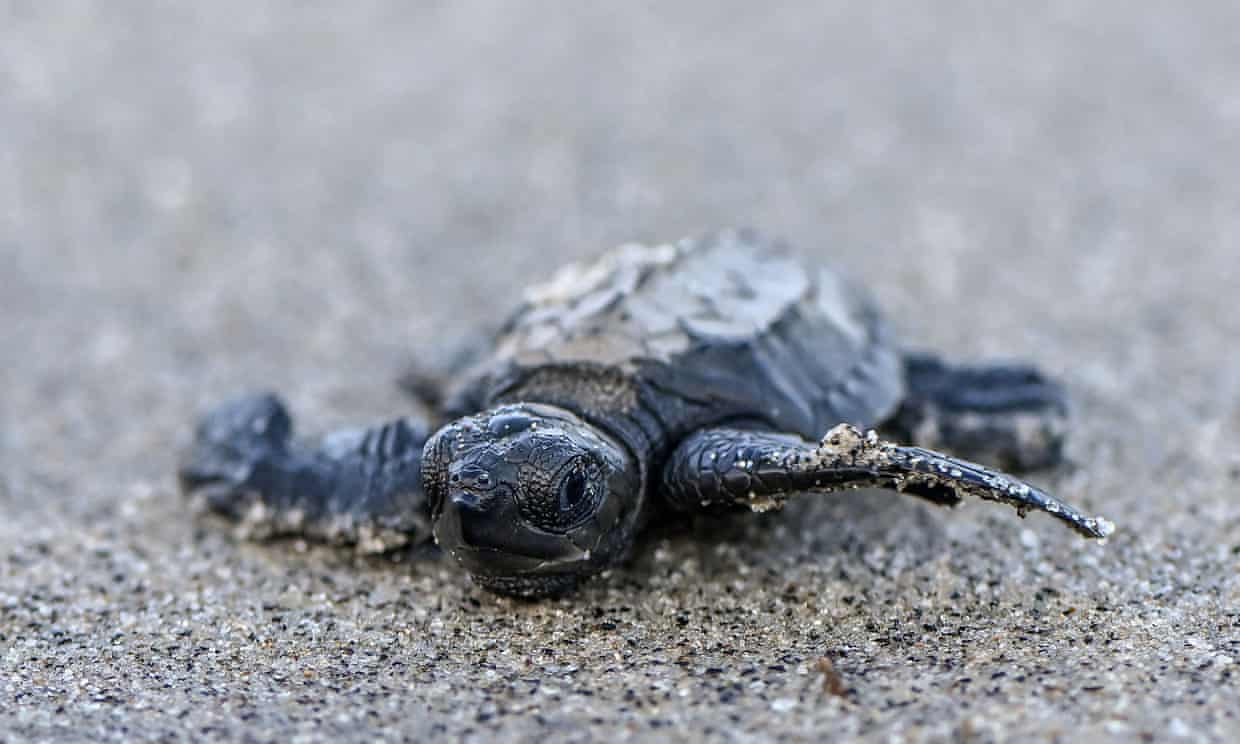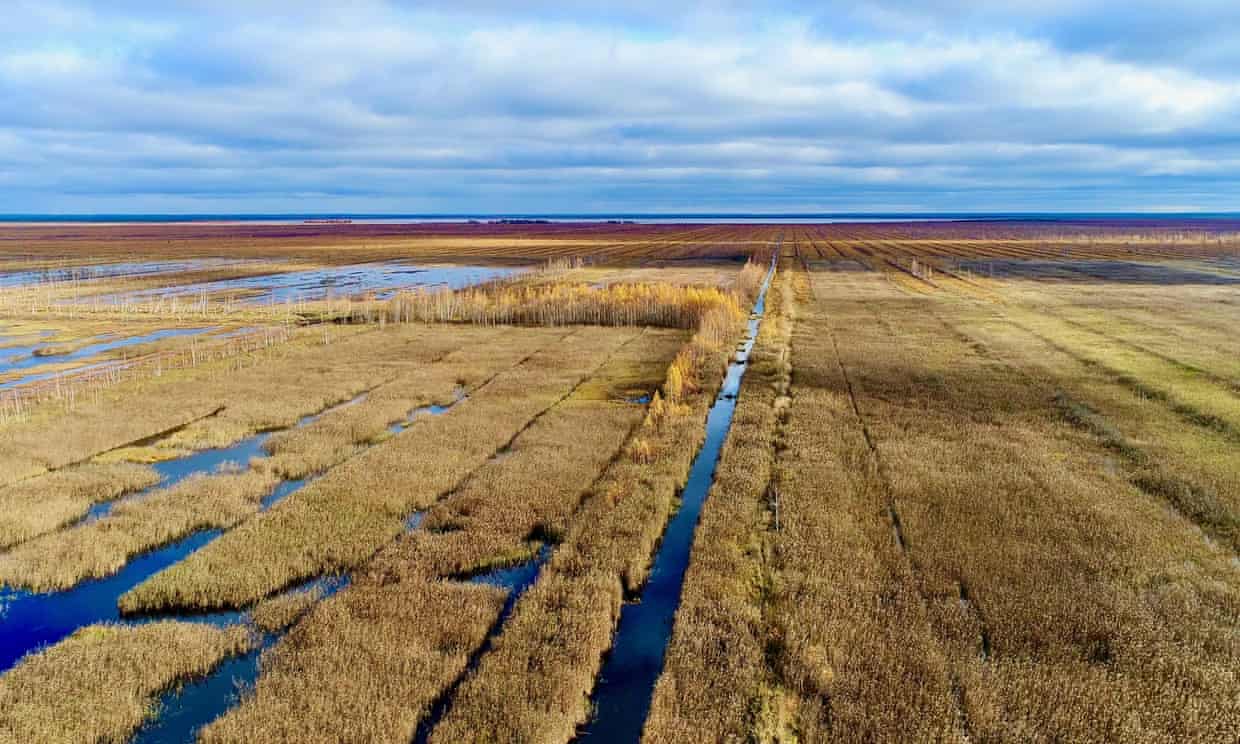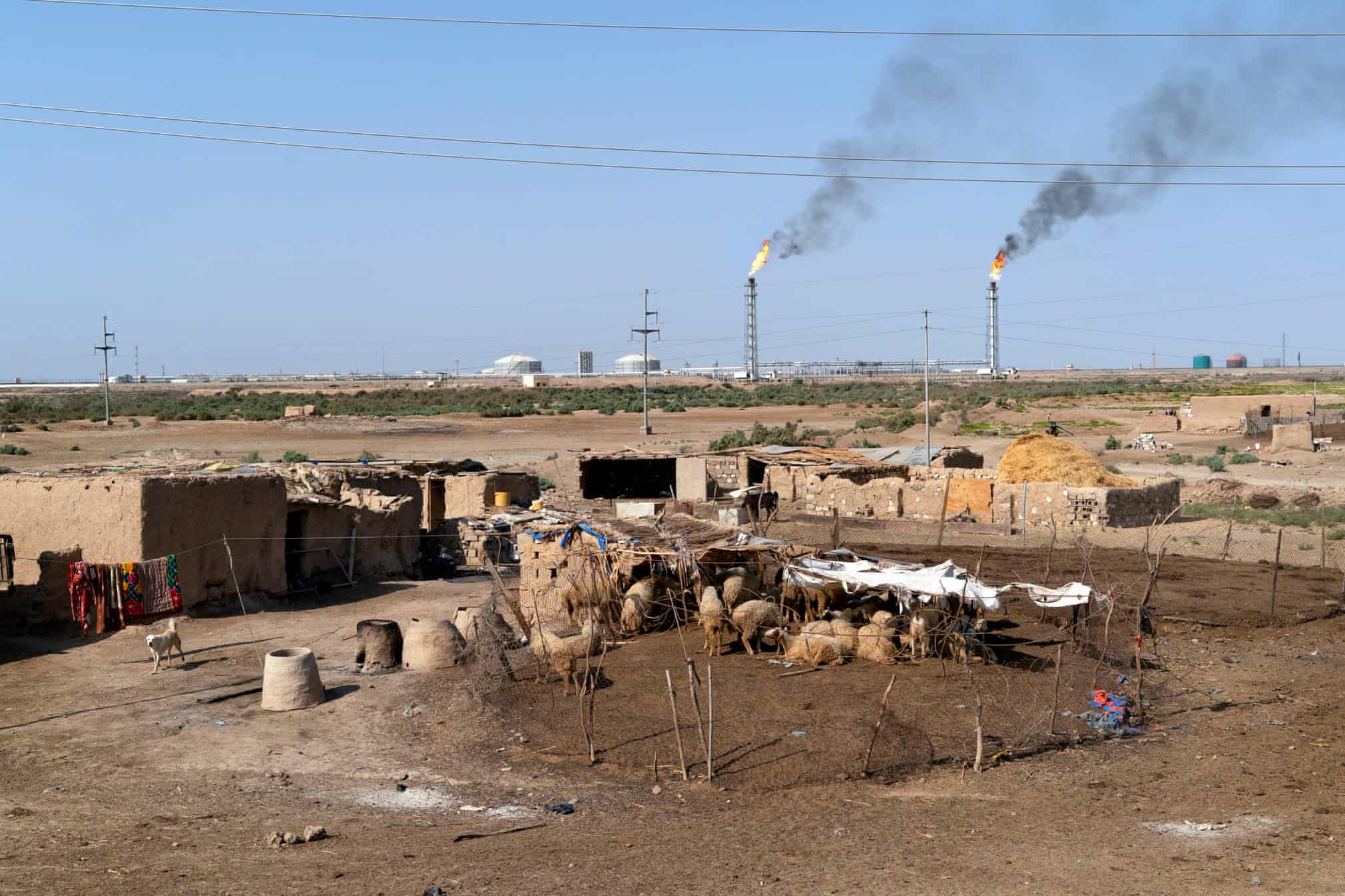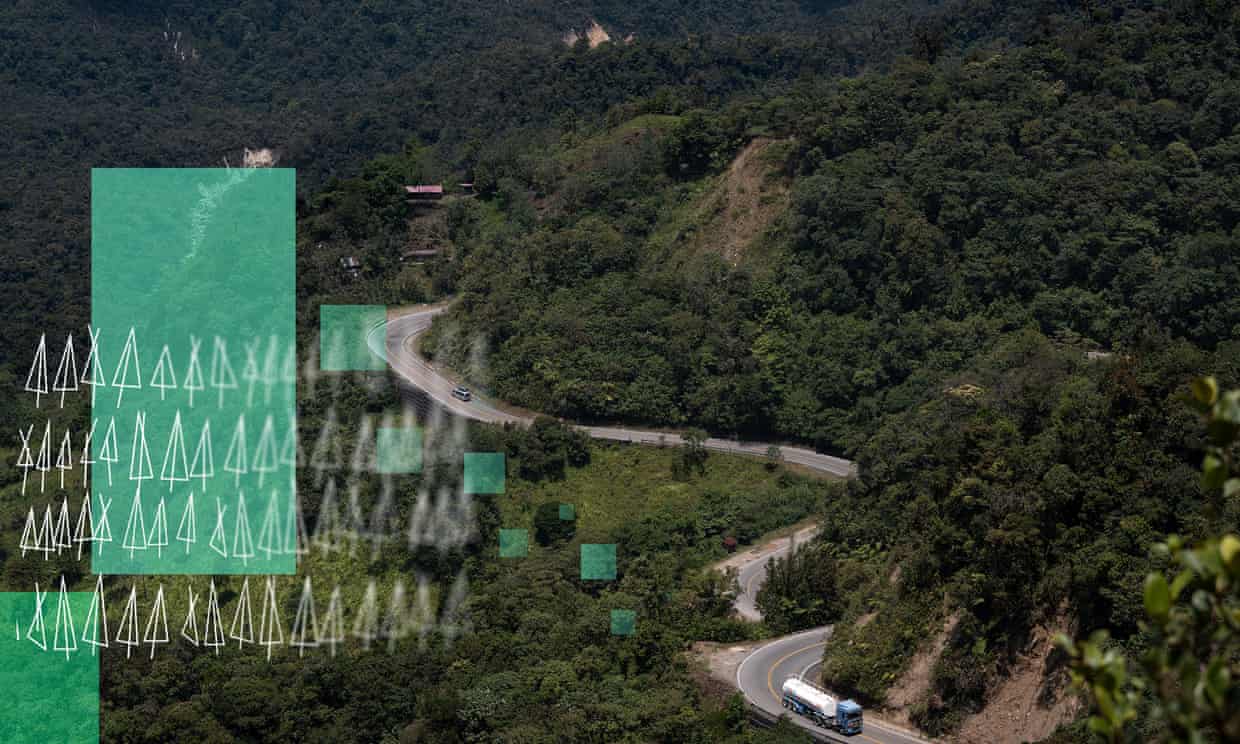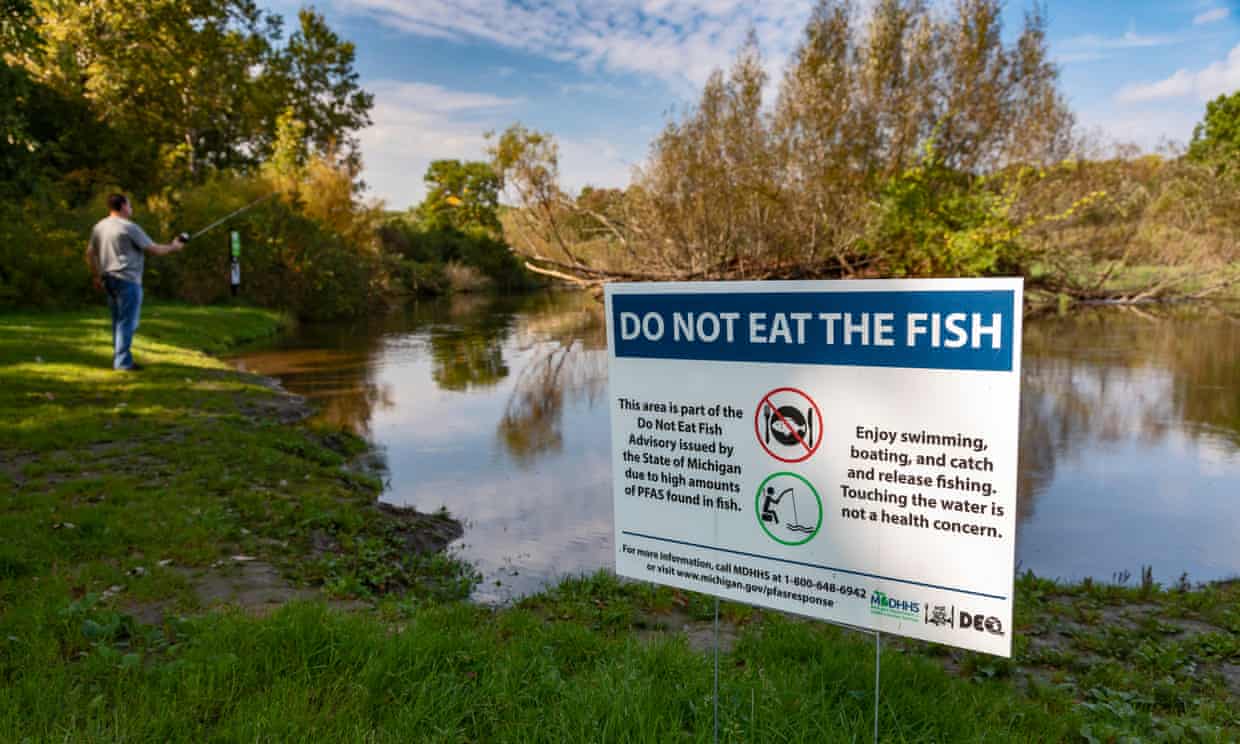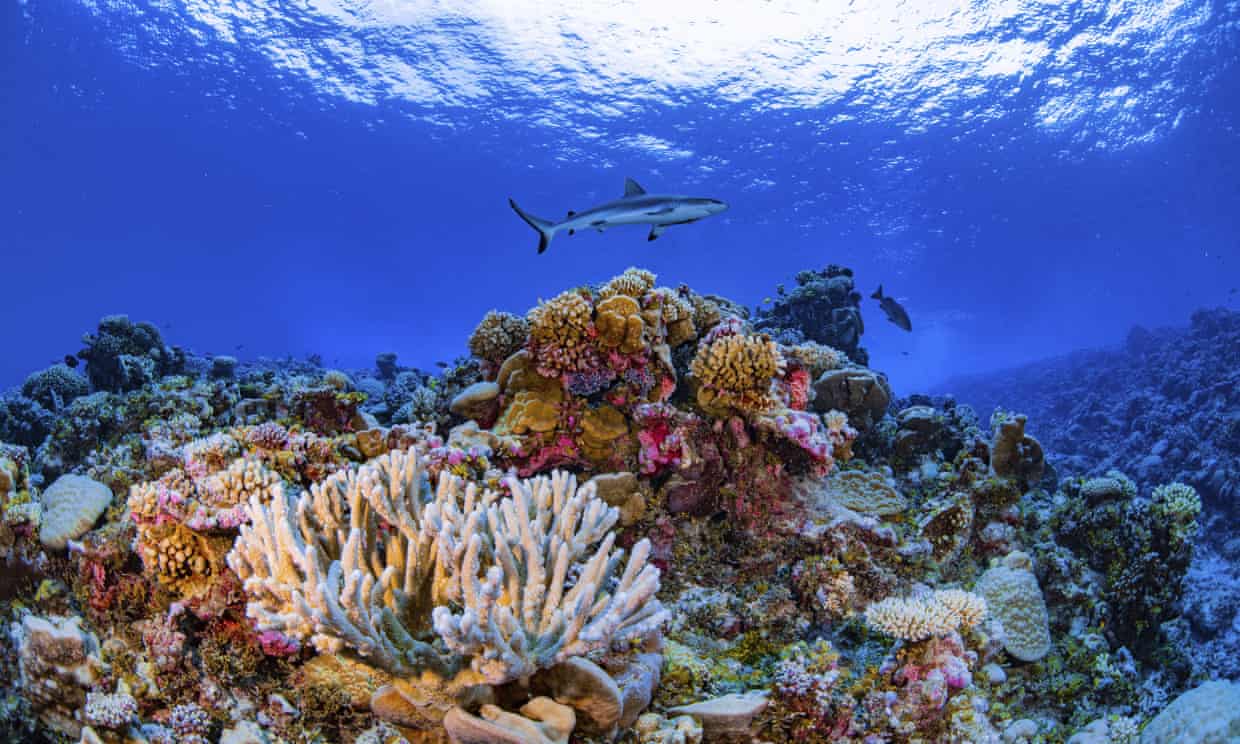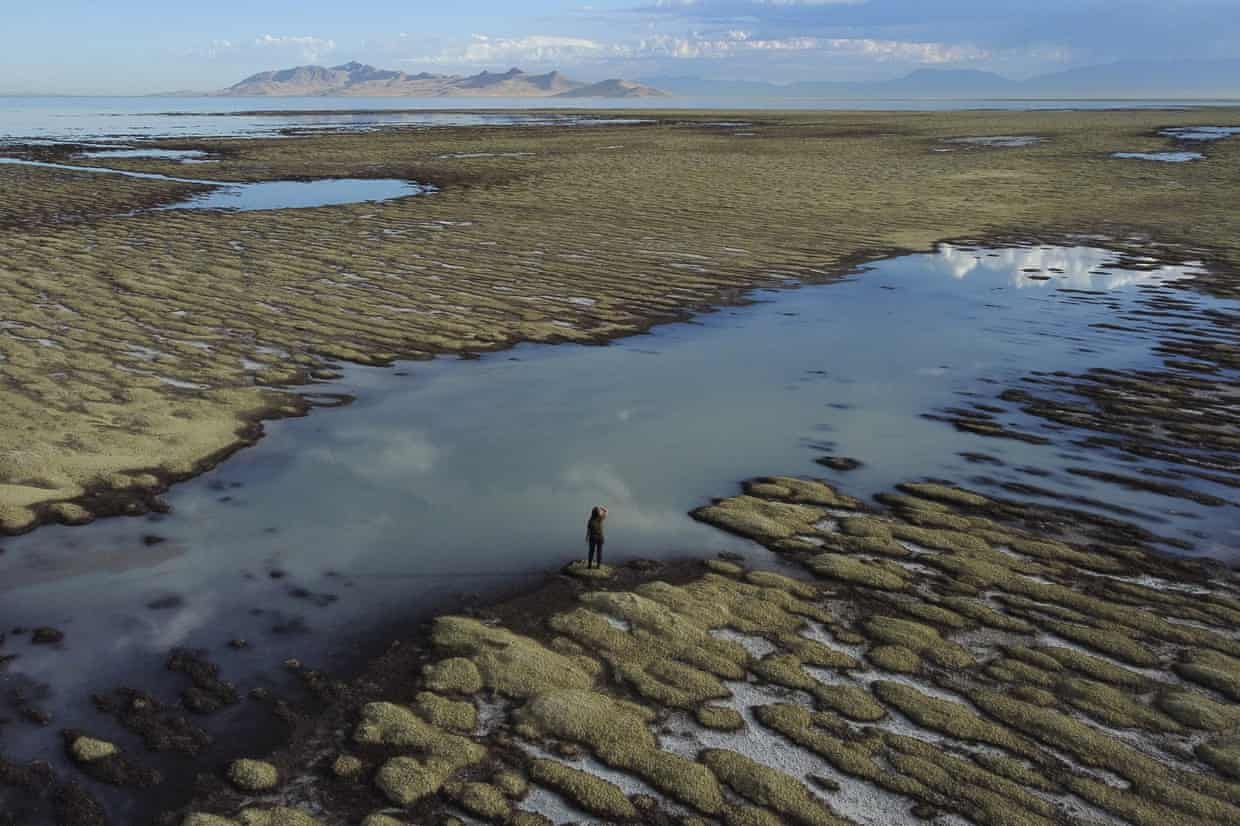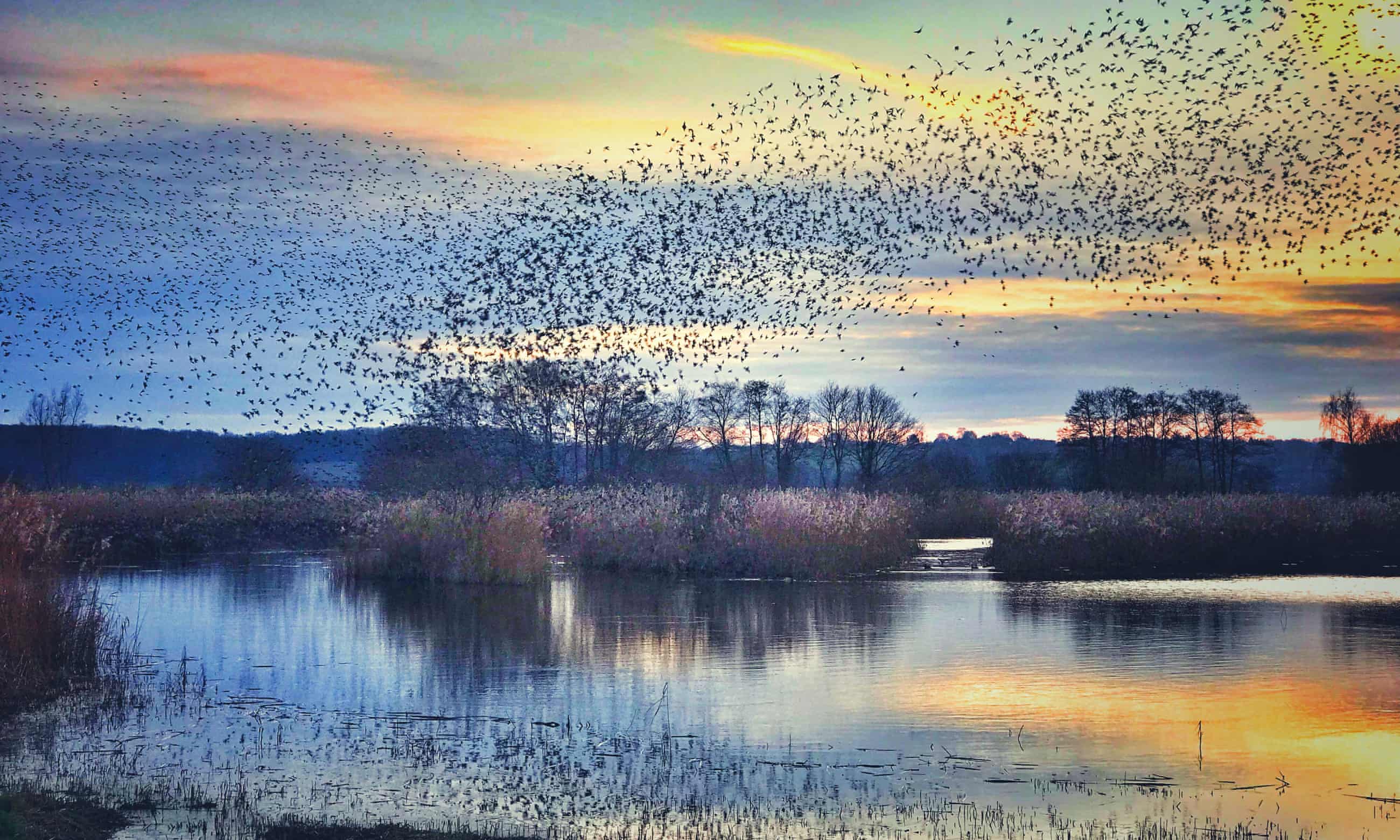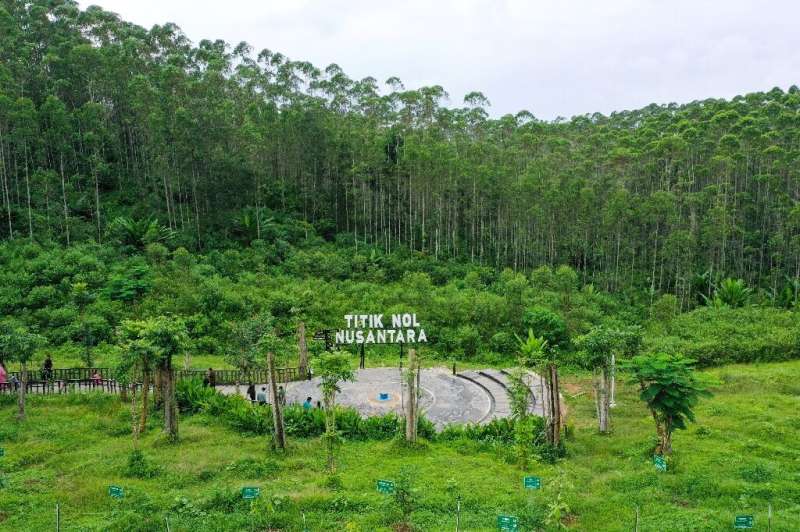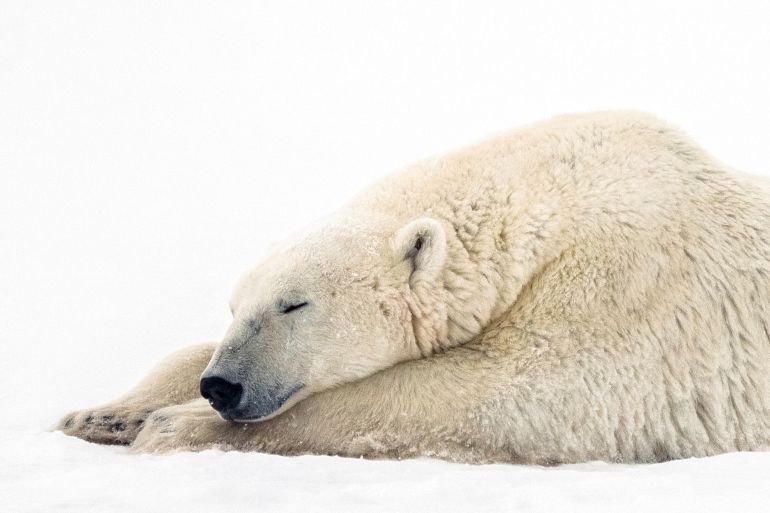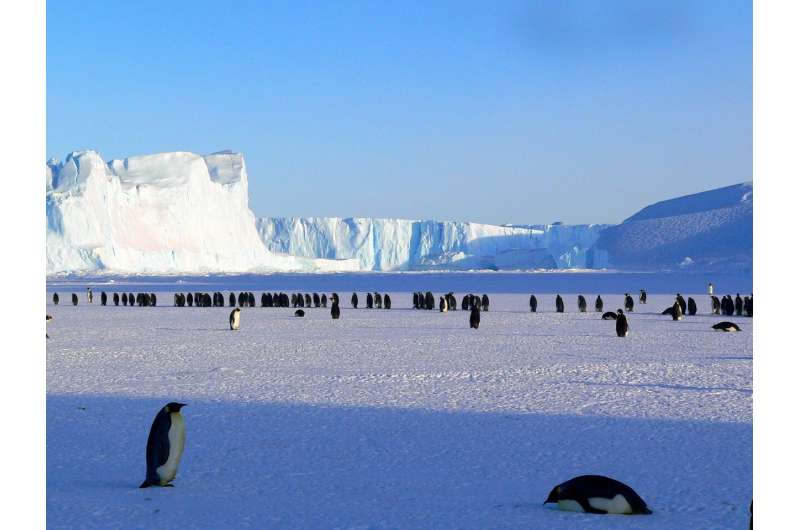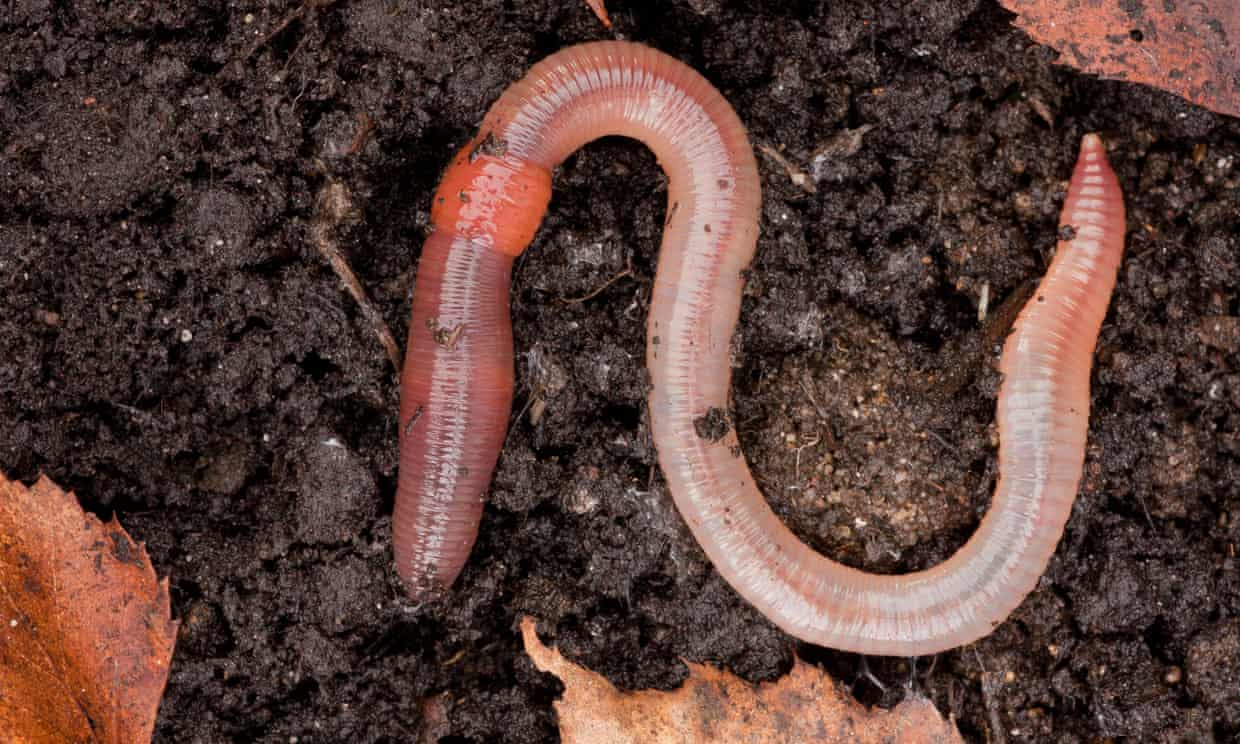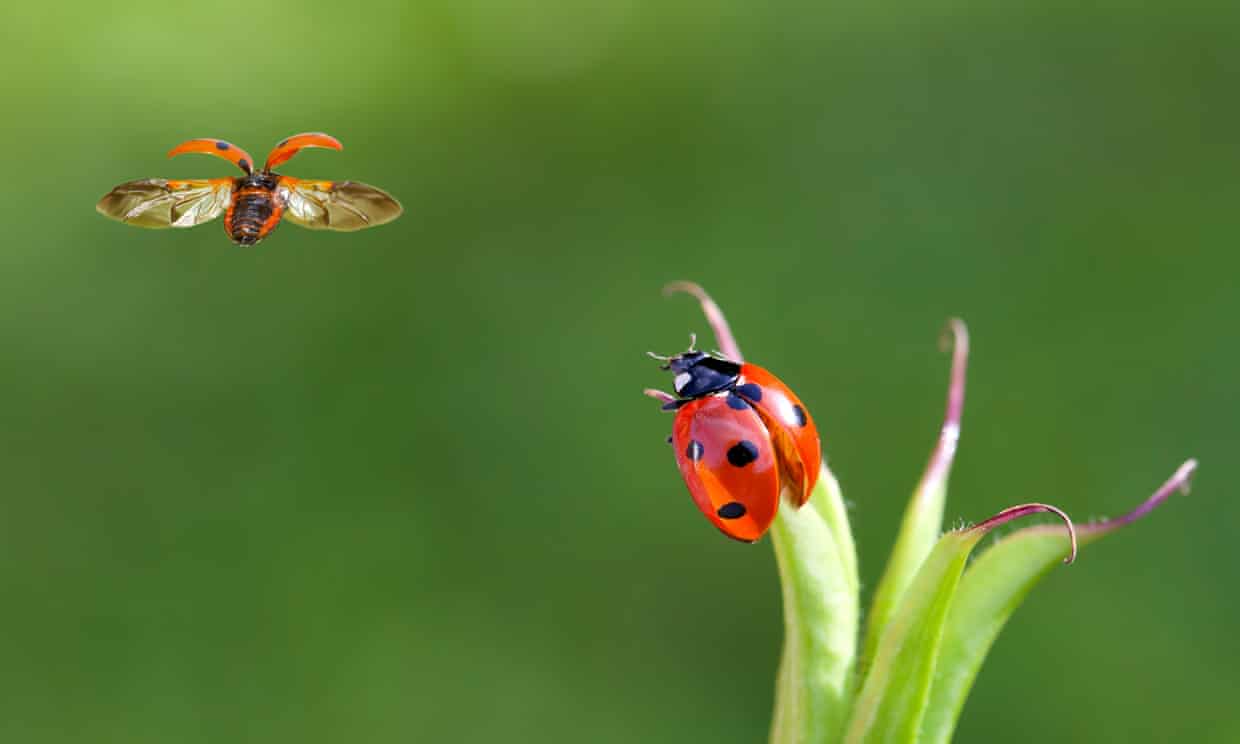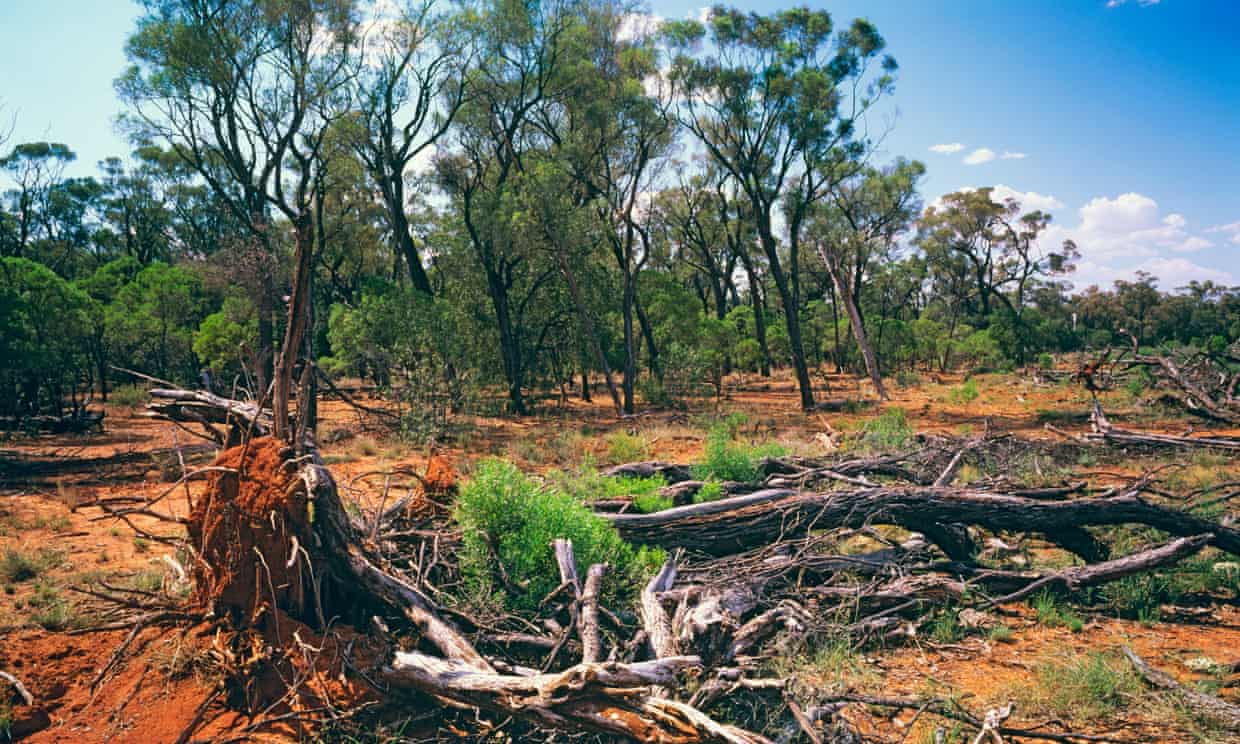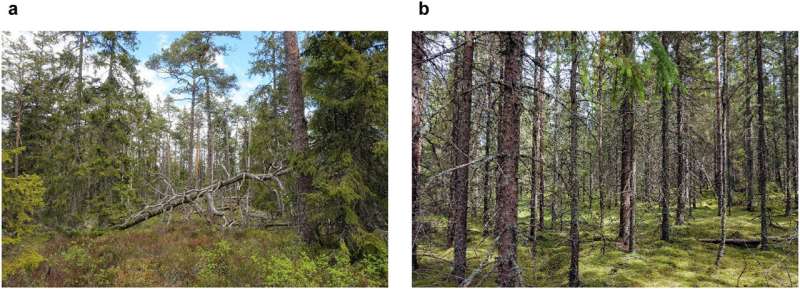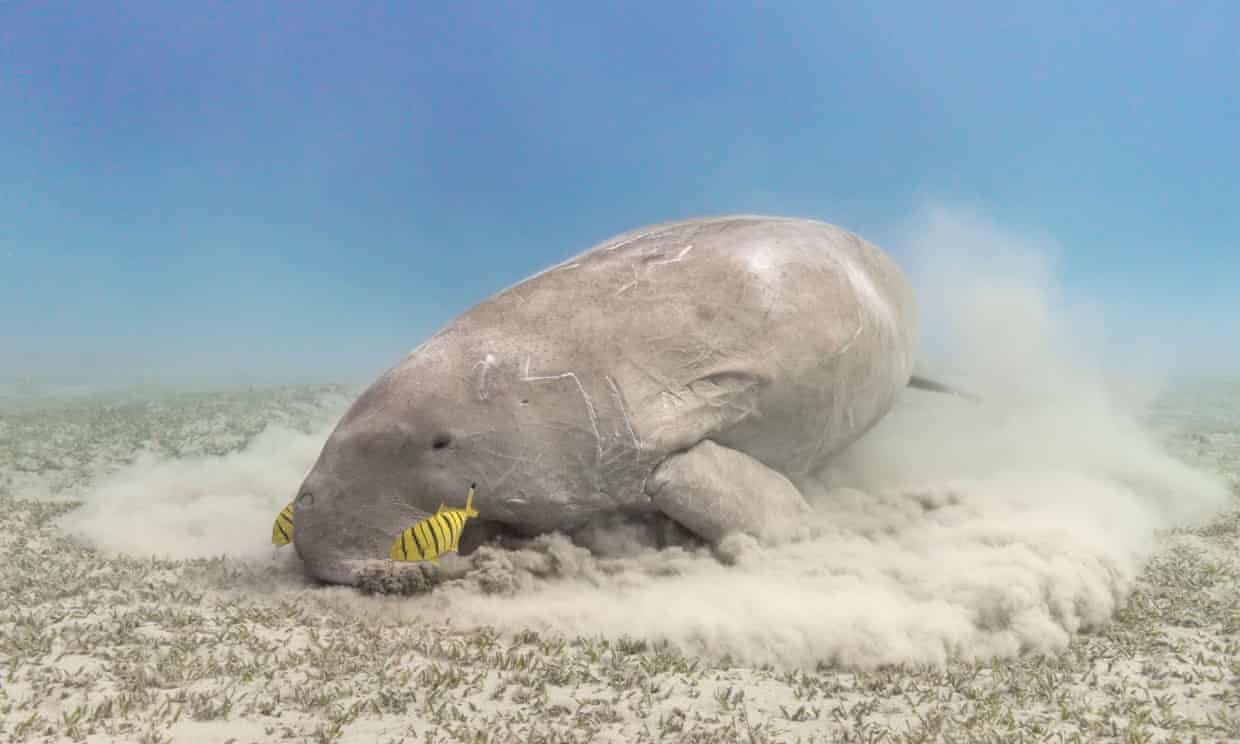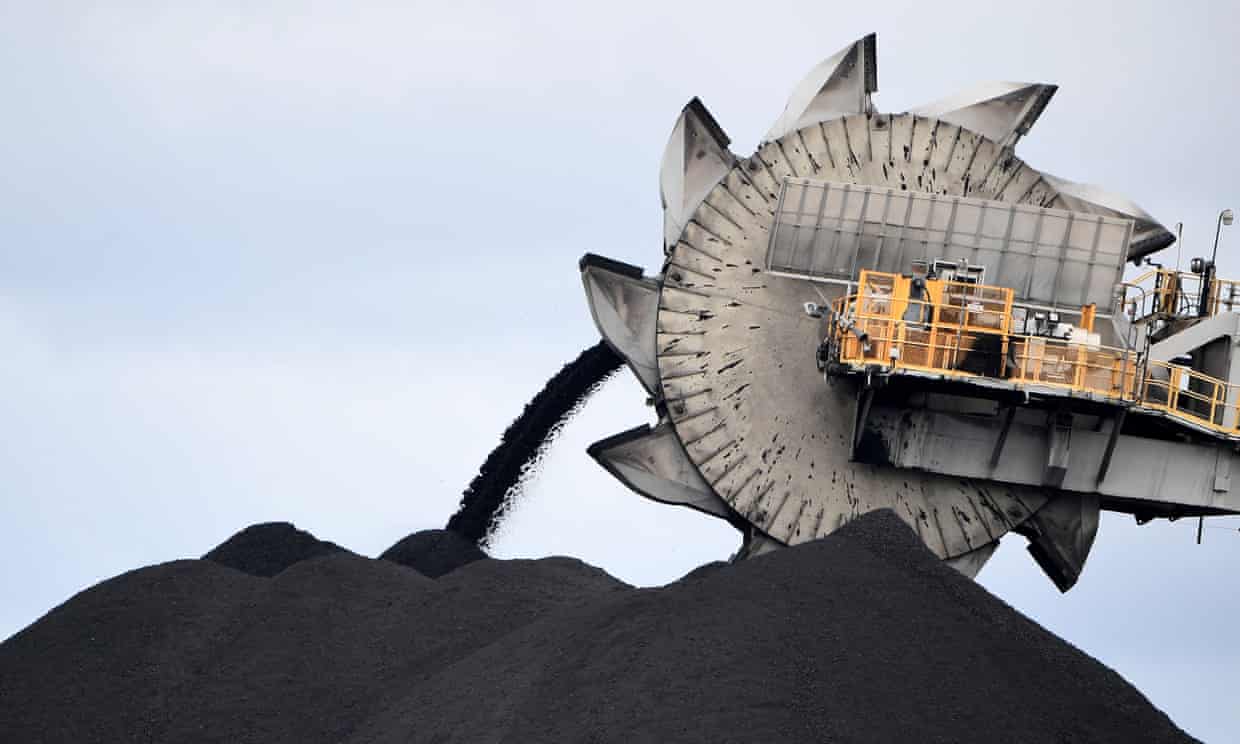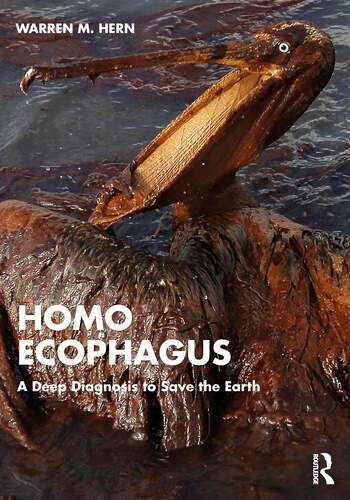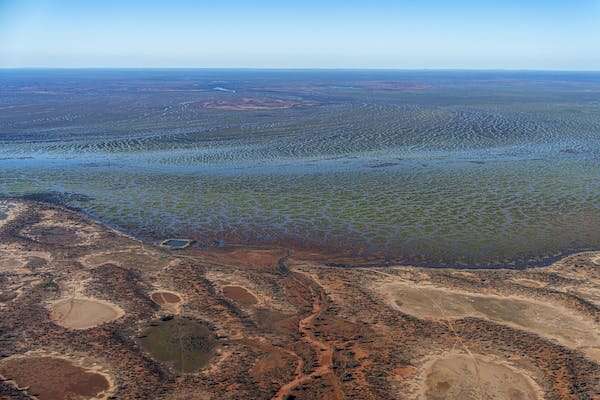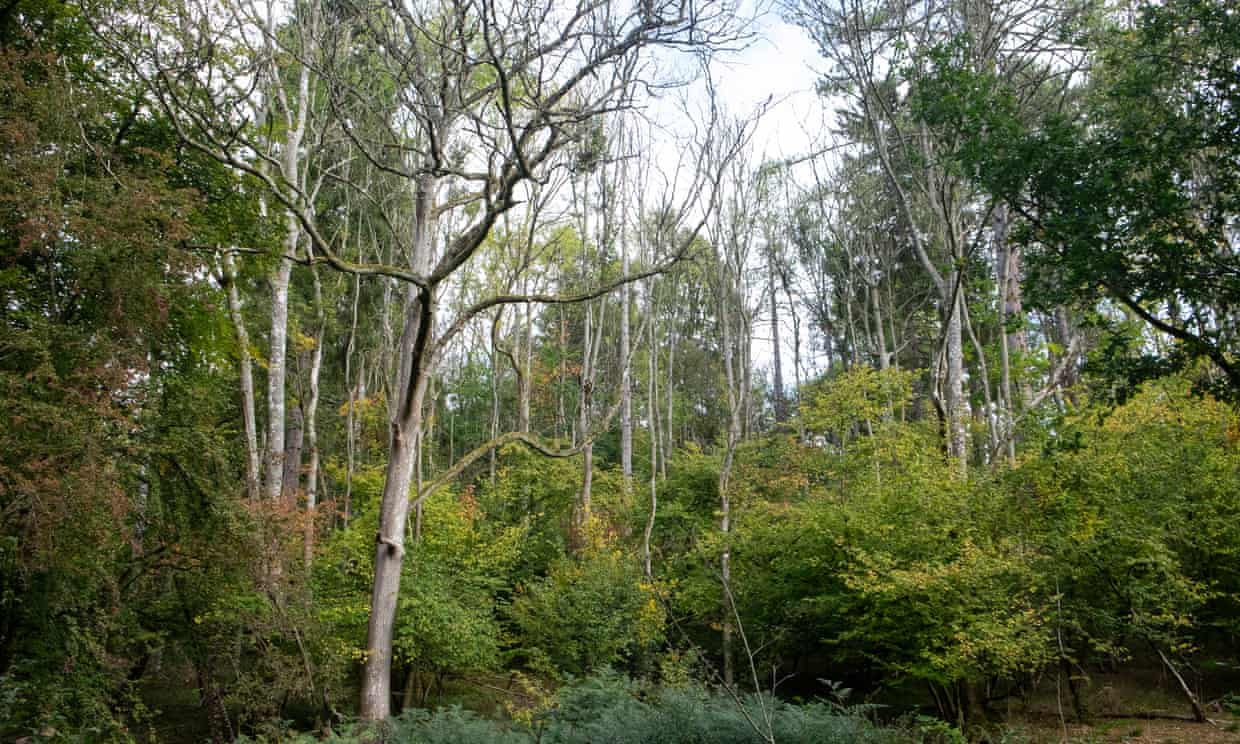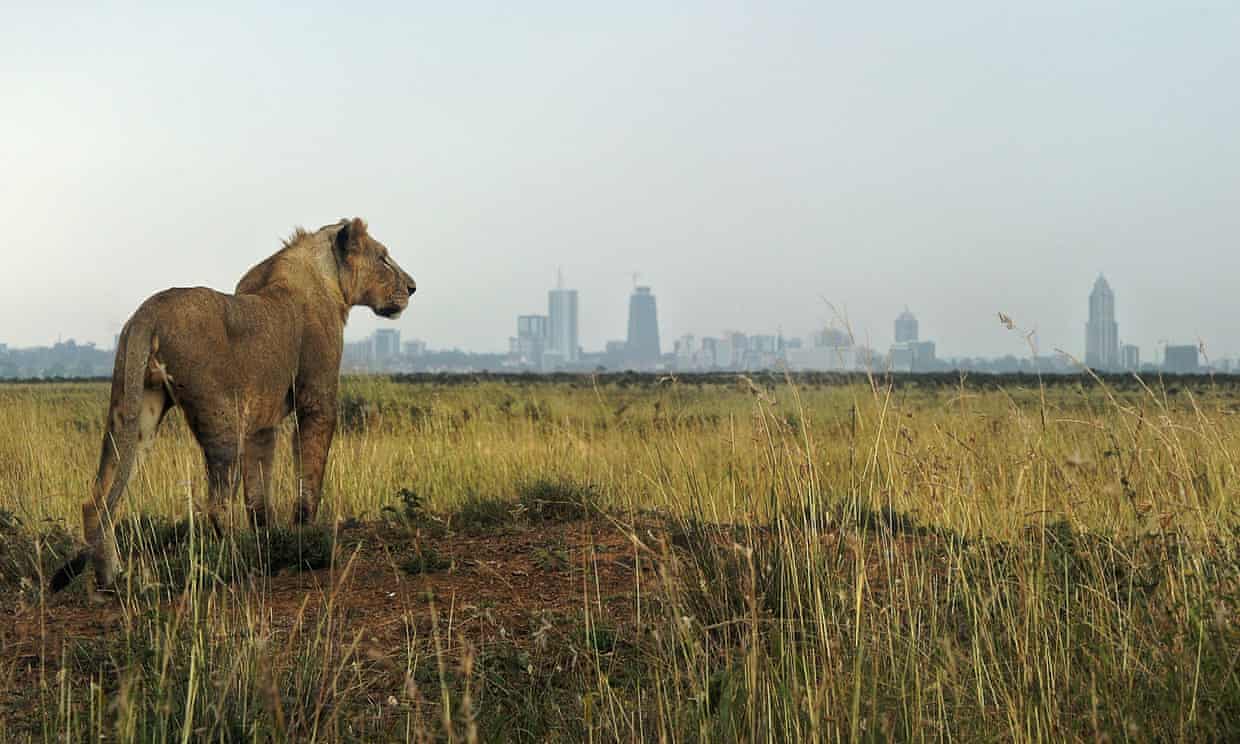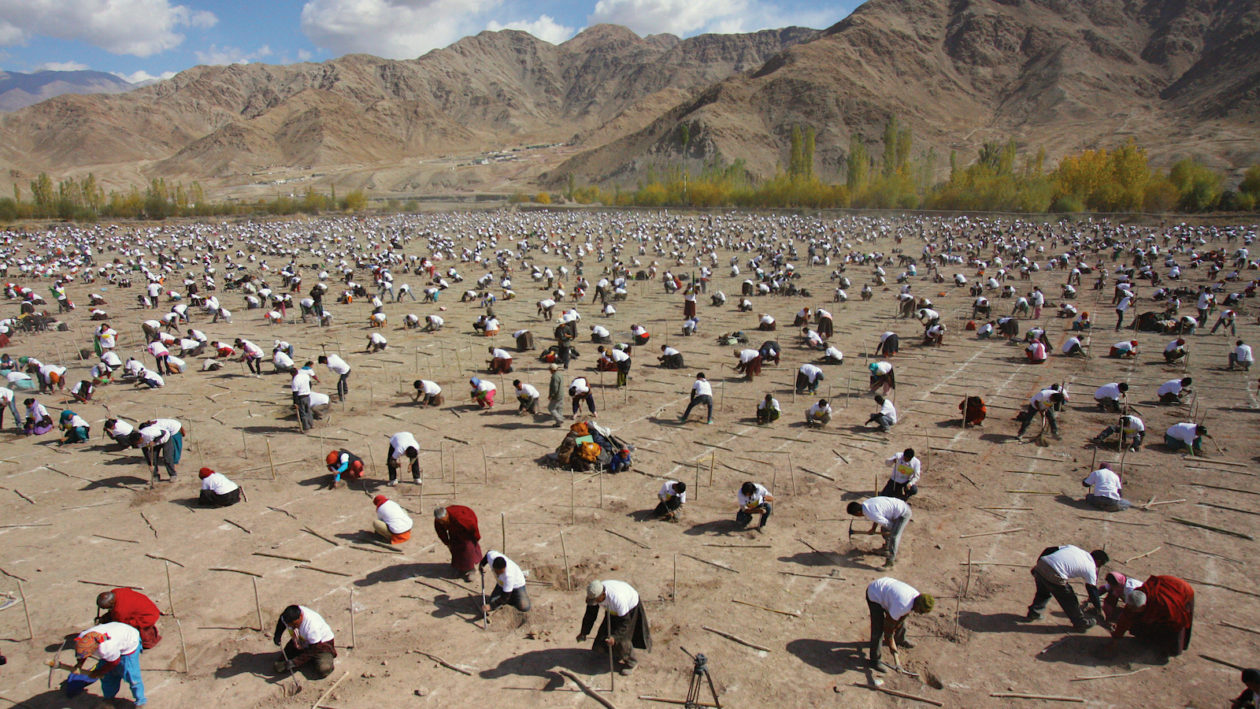Norway’s government is readying plans to open an area of ocean nearly the size of Germany to deep-sea mining as it seeks to become the first country to extract battery metals…Continue readingNorway seeks to open vast ocean area to deep-sea mining
Tag: biodiversity
DuPont scientists found PFAS enlarged lab rats’ livers and likely caused birth defects in workers. Still, the company told its employees the cancer-linked compounds are “about as toxic as table salt”.…Continue readingChemical industry used big tobacco’s tactics to conceal evidence of PFAS risks
Countries didn’t get around to talking about plastic until the third day out of five, stuck in a prolonged debate over voting rules and points of procedure — led by oil-rich…Continue readingGlobal plastic treaty talks limp on despite blockade by oil-rich countries
Concentrations of plastics in round-the-world race through remote ocean environments found to be up to 18 times higher than during previous event in 2017-18.Continue readingMicroplastics found in every sample of water taken during Ocean Race
More than 800m trees have been cut down in the Amazon rainforest in just six years to feed the world’s appetite for Brazilian beef, according to a new investigation, despite dire…Continue readingMore than 800m Amazon trees felled in six years to meet beef demand
“Our data show the impacts of climate change are running ahead of schedule,” said lead author Kathryn Gunn, of the Australian Science agency CSIRO and Britain’s Southampton University. The implications could…Continue readingDangerous slowing of Antarctic ocean circulation sooner than expected
Analysis shows area includes 9,000 hectares where there was already active logging as pressure grows on government to end practice.Continue readingMore than 40,000 hectares of nationally vital koala habitat marked for potential logging in NSW
The researchers were able to identify the country of origin for 232 objects, with the largest percentage being from Japan at 33.6%. China was next at 32.3% followed by South Korea…Continue readingMore than 90% of identifiable trash in North Pacific Garbage Patch comes from just six countries
Rapid economic growth, urbanisation and changing lifestyles in communist Vietnam have led to a “plastic pollution crisis”, according to the World Bank. A report in 2022 estimated 3.1 million tonnes of…Continue readingVietnam battles plastic blight in idyllic Ha Long Bay
It is the first time the previously unknown biodiversity of the Clarion-Clipperton Zone (CCZ), a mineral-rich area of the ocean floor that spans 1.7m sq miles between Hawaii and Mexico in…Continue readingMore than 5,000 new species discovered in Pacific deep-sea mining hotspot
A new study found that the feces of four primate species living in Uganda’s Kibale National Park, including chimpanzees and red colobus monkeys, contained significant levels of pesticides and flame retardants.…Continue readingEndangered chimpanzees contaminated with pesticides and flame retardants
Of 1,006 river and lake sites with data, 814 were found to have these toxic mixtures, according to analysis of data collected by the government’s Environment Agency. The data analysis, by…Continue readingChemical cocktails harmful to wildlife found in 81% of English rivers and lakes
Seventeen species that were once commonly found in pastures and meadows across 22 countries, including the small copper, common blue and meadow brown, declined by 36% on average between 2011 and…Continue readingEurope’s grassland butterfly population down more than a third in 10 years
The dangerous and destructive myths of conventional economics include the claims that: Since planetary boundaries have already been exceeded and low-income countries must develop, social justice demands that the rich countries…Continue readingSaving humanity: Here’s a radical approach to building a sustainable and just society
Residents have watched ruefully for years as solar plants crept over the horizon, bringing noise and pollution that’s eroding a way of life in their desert refuge. Kevin Emmerich worked for…Continue readingHow solar farms took over the California desert: ‘An oasis has become a dead sea’
50 researchers, 40 years, 28 countries, 550 million fewer birds.Continue readingIntensive farming is biggest cause of bird decline in Europe, study says
Earlier this year, researchers found that summertime fires in boreal forests had expanded since 2000, and contributed close to a quarter of total carbon emissions from wildfires in 2021, releasing a…Continue readingWildfires in forests of Canada and Russia put climate scientists on alert
Researchers complain that the oxygen problem doesn’t get the attention it deserves, with ocean acidification and warming grabbing the bulk of both news headlines and academic research. Just this April, for…Continue readingAs Ocean Oxygen Levels Dip, Fish Face an Uncertain Future
Diana Stralberg, a researcher in Edmonton for the Canadian Forest Service, explained that human-caused climate change is making the fire season longer and causing “extreme fire weather conditions” to occur more…Continue reading‘Perfect storm’ of heat, dryness fuel western Canada’s extreme wildfires
The drought that has left some 4.35 million people in the Horn of Africa in dire need of humanitarian aid – with 43,000 in Somalia estimated to have died last year…Continue readingGlobal warming made Horn of Africa drought possible: WWA study
Life in the ocean’s “twilight zone” could decline dramatically due to climate change, new research suggests. The twilight zone (200m to 1,000m deep) gets very little light but is home to…Continue readingTwilight zone at risk from climate change
The deepest parts of the Pacific Ocean have rested undisturbed for millennia. But now creatures living thousands of metres beneath the surface may be confronted by new visitors: companies mining minerals…Continue reading‘Playing with fire’: the countdown to mining the deep seas for critical minerals
We analyzed fire danger trends in different elevation bands of the Western U.S. mountains from 1979 to 2020. Fire danger describes conditions that reflect the potential for a fire to ignite…Continue readingFire danger in the high mountains is intensifying, shows study of four decades of data
The devastation of areas like the Buriganga comes into greater focus in the run-up to Earth Day, when people worldwide mobilise in support of protecting the environment.Continue readingPhotos: Life along a ‘dead’ river in Bangladesh
The UK has lost 40m birds since 1970 and Europe as a whole has lost 600m birds since 1980. The British figures, especially for farmland species such as skylark and lapwing,…Continue readingLook up, listen, and be very concerned. Birds are vanishing – and their crisis is our crisis
Data shows 48% of species declined between 2015 and 2020 with woodland birds faring worst.Continue readingUK bird numbers continue to crash as government poised to break own targets
Nine new species of fish are now on the brink of extinction, with scientists calling for urgent action to control invasive freshwater species.Continue reading‘Underwater and overlooked’: number of critically endangered fish species in Australia doubles
The temperature of the world’s ocean surface has hit an all-time high since satellite records began, leading to marine heatwaves around the globe, according to US government data.Continue reading‘Headed off the charts’: world’s ocean surface temperature hits record high
The United States is Earth’s punching bag for nasty weather. Blame geography for the U.S. getting hit by stronger, costlier, more varied and frequent extreme weather than anywhere on the planet,…Continue reading“Buckle up. More extreme events are expected,” says head of the US National Oceanic and Atmospheric Administration
The race for high-tech metals has sparked a cobalt boom in the Democratic Republic of the Congo that has come at a steep human cost. In an e360 interview, author Siddharth…Continue readingFor Your Phone and EV, a Cobalt Supply Chain to a Hell on Earth
New research by Australian scientists suggests 40% slowdown in just three decades could alter world’s climate for centuries.Continue readingMelting Antarctic ice predicted to cause rapid slowdown of deep ocean current by 2050
More than 100,000 hectares burned in MacDonnell Ranges area, which has been declared a federal priority for threatened species conservation.Continue readingEnvironmental ‘tragedy’ as fires burn through one-fifth of Northern Territory national park in Australia
The proposed US goal to double electricity transmission lines and build a separate electric vehicle charging network while also expanding solar and wind production to move to 100% renewable generation is,…Continue readingThe squeeze on powering the open road
Businesses want to trawl for nickel, manganese and cobalt to build electric cars and windfarms.Continue readingDeep-sea mining for rare metals will destroy ecosystems, say scientists
The fight for a healthy Darling-Baaka River is becoming a ‘recurring nightmare’ for the communities that depend on it.Continue readingAt Menindee, NSW, Australia, the lifeblood of the people has turned to bitter sludge
Ecologists say some bodies of water may already have passed the tipping points from which they may never recover.Continue reading‘Like you’re in a horror movie’: pollution leaves New Zealand wetlands irreversibly damaged
Report says 435,000 hectares have been degraded through logging since 2000, affecting 244 threatened species.Continue readingMore than half NSW forests lost since 1750 and logging ‘locking in’ species extinction, study finds
Four straight years of flooding, an unprecedented phenomenon linked to climate change, has swamped two-thirds of South Sudan but nowhere more dramatically than Bentiu, a northern city besieged by water. One…Continue reading‘Uncharted territory’: South Sudan’s four years of flooding
Increasing ocean temperatures present ‘existential threat’ with knock-on effects for ecosystems and commercial fisheries, researchers say.Continue readingDecline of more than 500 species of marine life on Australian reefs ‘the tip of the iceberg’, study finds
Worryingly, the rate of mountain forest loss seems to be accelerating: the annual rate of loss increased by 50% from 2001–2009 to 2010–2018, when we lost approximately 5.2 million hectares of…Continue readingMountain forests are being lost at an accelerating rate, putting biodiversity at risk, warns study
The new study showed a significant increase in emissions from boreal fires over the past two decades. Things were particularly dramatic in 2021, when they comprised a record 23% of global…Continue readingExtreme wildfires are turning the world’s largest forest ecosystem from carbon sink into net-emitter
Indonesian President Joko “Jokowi” Widodo said: “Since the source of energy is green, the products that will be produced later in the Industrial Park Area are also green products, products with…Continue readingIndonesia breaks ground on $2.6bn Mentarang Induk hydropower project
Natural History Museum scientists say plasticosis, which scars digestive tract, likely to affect other types of bird too.Continue readingNew disease caused by plastics discovered in seabirds
Oil companies plan to pump crude oil from Lake Albert, Uganda to the coast of neighbouring Tanzania, with the goal of producing 1.4bn barrels over the next two decades. But the…Continue readingCounting the cost of Uganda’s east Africa oil pipeline – in pictures
Scientists studying the Permian-Triassic mass extinction find ecosystems can suddenly tip over.Continue readingEcosystem collapse ‘inevitable’ unless wildlife losses reversed
Analysis says hundreds of animals are contaminated with dangerous compounds linked to cancer and other health problems.Continue readingAlarming toxic ‘forever chemicals’ found in animals’ blood – study
Oxford University-led study detects 26 types of PFAS compounds in ice around Svalbard, threatening downstream ecosystems.Continue readingAlarming levels of PFAS in Norwegian Arctic ice pose new risk to wildlife
Australian scientists say the animals unlikely to be able to change nesting behaviour enough to mitigate temperature rises.Continue readingSea turtles under threat from warming seas and hotter beaches, research suggests
Fires, land conversion, logging and water shortages have weakened resilience of 2.5 million square kilometres of forest, says study.Continue readingHuman activity and drought ‘degrading more than a third of Amazon rainforest’
Dead whales and tough economics bedevil Biden’s massive wind energy push.Continue readingDead whales and tough economics bedevil Biden’s massive wind energy push
The people of the Hawizeh marshes of southern Iraq have an ancient history living in the world’s most unique and biodiverse wetlands. The region has been reduced to near-desert as a…Continue reading‘It used to be like heaven’: the Iraq wetlands decimated by the climate crisis – in pictures
Environment ministers’ decisions spanning 15 years made no difference to amount of habitat destroyed, researchers say.Continue readingSystem to protect Australia’s threatened species from development ‘more or less worthless’, study finds
Investigation into Verra carbon standard finds most are ‘phantom credits’ and may worsen global heating.Continue readingRevealed: more than 90% of rainforest carbon offsets by biggest provider are worthless, analysis shows
Study also says eating one serving of fish with PFAS could be equivalent to drinking contaminated water every day for a month.Continue readingFreshwater fish more contaminated with ‘forever chemicals’ than in oceans
Almost two-thirds of sharks and rays living on world’s coral reefs at risk, with 14 of 134 species reviewed critically endangered. “These sharks and rays have evolved over 450m years and…Continue reading‘Extinction crisis’ of sharks and rays to have devastating effect on other species, study finds
It’s lost 73% of its water and is unable to sustain some wildlife – and could soon negatively affect human health.Continue reading‘Last nail in the coffin’: Utah’s Great Salt Lake on verge of collapse
Fewer and fewer migrant species, which used to be seasonal fixtures, are flying to our shores as the climate crisis takes its toll on their habitat.Continue readingEmpty nests: why UK’s winter bird numbers are in sharp decline
Researchers say there has been a dramatic drop in particular in the number of female bears and cubs in Hudson Bay.Continue readingCanada polar bears declining at alarming rate, study finds
Scientists say loss may be as significant as ‘insectaggedon’ in terms of impact on soil, birds and ecosystems.Continue readingEarthworms may have declined by a third in UK, study reveals
Scientists behind car number plate study say ‘potentially catastrophic’ decline must be reversed.Continue readingFlying insect numbers plunge 64% since 2004, UK survey finds
Conservation groups warn not enough is being done to protect ecosystems as state government data shows more than 400,000ha of land was cleared in 2019-20.Continue readingCalls for tougher regulations as Queensland, Australia records highest rate of land clearing in country
Almost one fourth of Sweden’s last unprotected old-growth forest was logged between 2003 and 2019. At this rate, all of these ecologically unique and valuable forests will be lost in about…Continue readingStudy uncovers widespread and ongoing clearcutting of Swedish old forests
Scientists attempting to replicate a 1964 survey of freshwater bivalves in a stretch of the Thames near Reading found striking results, as native mussel populations had crashed by almost 95%. One…Continue readingNative mussel numbers down almost 95% since 1960s
Illegal and unsustainable fishing, fossil fuel exploration, the climate crisis and disease are pushing marine species to the brink of extinction, according to the International Union for Conservation of Nature (IUCN)…Continue readingMarine life hit by ‘perfect storm’ as red list reveals species close to extinction
At least 8 coalmining projects in Great Barrier Reef catchments and floodplains have been exempted from requiring environmental impact statements (EIS) by the Queensland government, with 6 already gaining state environmental…Continue readingCoal projects in Great Barrier Reef catchments approved without environmental impact statements
“At the moment,” writes Warren Hern, “we are the most misnamed species on the planet: Homo sapiens sapiens—’wise, wise man.’ Not.” Hern, 84, physician and adjunct professor of anthropology at the…Continue readingHumanity devouring itself and the planet
At the bottom of a crater in southeastern Democratic Republic of the Congo, 20,000 people work at a cobalt mine, in shifts of 5,000 at a time.Continue readingDR Congo’s faltering fight against illegal cobalt mines
The heart-shaped Lake Eyre Basin covers about one-sixth of Australia. It contains one of the few remaining pristine river systems in the world. The Lake Eyre Basin is probably the last…Continue readingThe magnificent Lake Eyre Basin is threatened by 831 oil and gas wells, and more are planned
The stresses of warming temperatures and forest losses are driving dozens of species of monkeys and lemurs that normally shelter and feed high in the tree canopy to spend more time…Continue readingAnthropogenic greenhouse gas emissions driving monkeys and lemurs from trees to the ground
“We are getting hotter, drier summers and wetter winters and that is making trees more susceptible to disease. Climate change is already having some really significant effects”, said Rob Stoneman, director…Continue readingDisease ravages UK’s fragile woodlands
Earth’s wildlife populations have plunged by an average of 69% in just under 50 years, according to a leading scientific assessment, as humans continue to clear forests, consume beyond the limits…Continue readingAlmost 70% of animal populations wiped out since 1970, report reveals
Everybody likes trees. There is no anti-tree lobby. A global push to go beyond conservation of existing forests and start creating new ones goes back to 2011, when many of the…Continue readingPhantom Forests: Why Ambitious Tree Planting Projects Are Failing
Despite decades of social and environmental campaigns aimed at protecting the Amazon, the threats now are greater than they have ever been, thanks to the relentless expansion of activities such as…Continue readingLast stand in the Amazon




